1950
The Kenyan Tea Board is established as tea planting takes off in East Africa.
The Kenyan Tea Board is established as tea planting takes off in East Africa.
Coffee is planted in New Guinea.
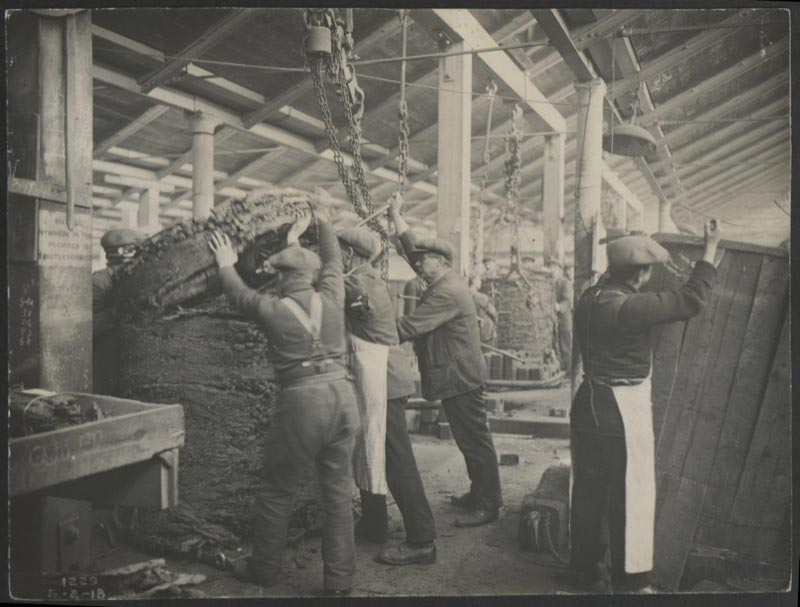
Morton Levin makes an unambiguous link between smoking and lung cancer.
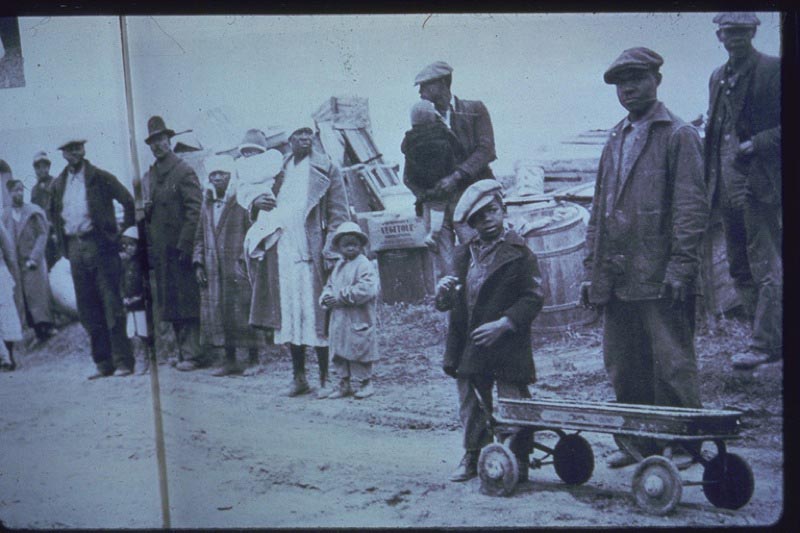
Harvesting machinery replaces sharecroppers on American farms.
McCarthyism emerges in America as an intense hatred of communism.
The Korean War ends in a stalemate as America, Australia and other forces face China and North Korea. The country is divided at the 38th parallel.
Jacques Cousteau founds the French Oceanographic Campaign.
In a telegram to Shtykov, (the Soviet Ambassador to North Korea) Stalin writes in regard to North Korea's planned invasion of the South: "tell him (Kim II Sung) that I am ready to help him in this matter".
J. D. Salinger writes The Catcher in the Rye.
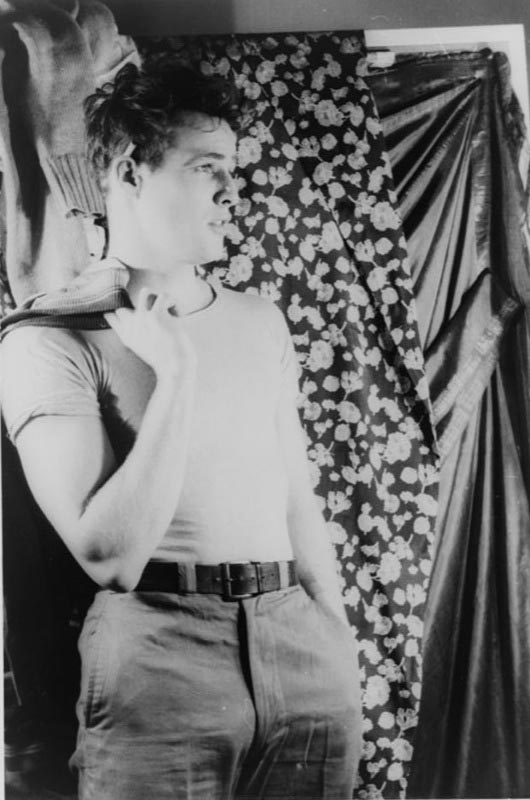
Marlon Brando popularises the T-shirt after wearing one in A Streetcar Named Desire.
Remington Rand Company launch the UNIVAC computer. The first machine is purchased for the US Census Bureau.
The Nature Conservancy is formed.
Rachel Carson writes The Sea Around Us.
Foundation of the European Coal and Steel Community.
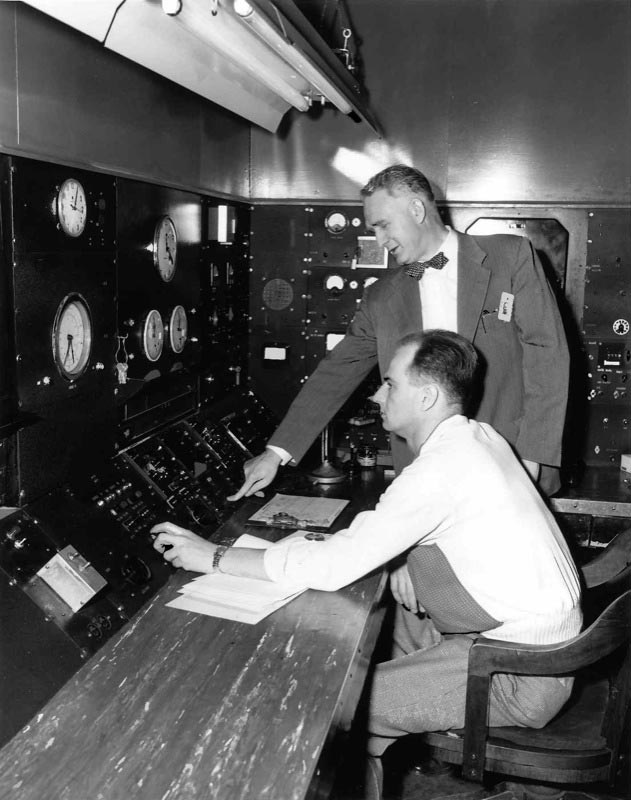
The first nuclear reactor to produce electricity (albeit a small amount) is developed in Idaho by a team led by Walter Zinn. The Experimental Breeder Reactor (EBR-1) was started in December 1951 and was experimented with until its decommission in 1964.
Kellogg's introduces Frosted Corn Flakes or Frosties.
The Mau Mau rebellion in Kenya is brutally repressed by the British.
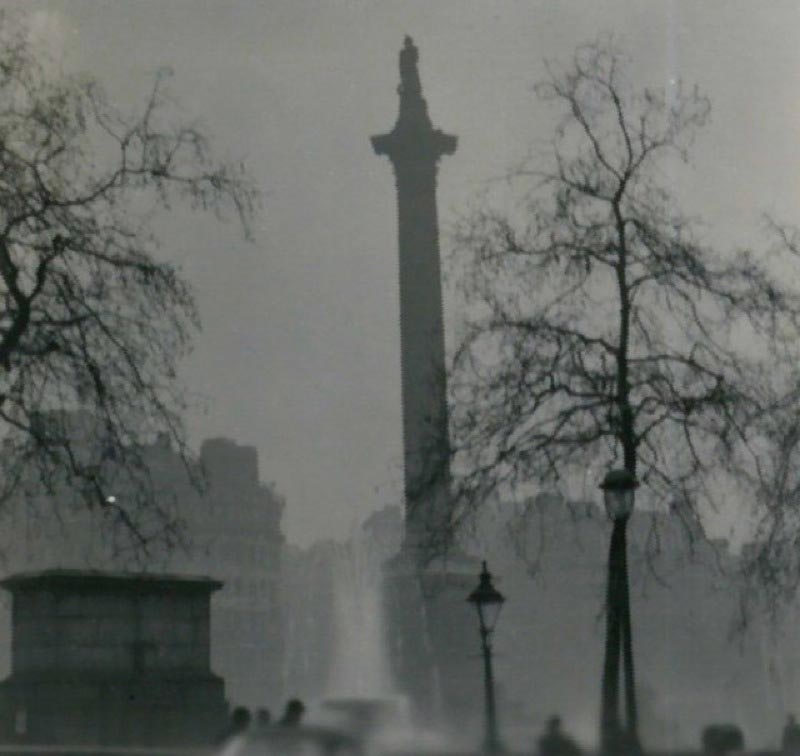
Four thousand people die in London as a result of smog.
Premier of Samuel Beckett's play Waiting for Godot in Paris.
Ian Fleming publishes his first James Bond story.
Gilbert N. Plass presents a paper on global warming at the American Geophysical Union.
Francis Crick and James Watson discover the structure of the DNA molecule.
The Opium Protocol is agreed between nations limiting the growth of opum to Bulgaria, Greece, India, Iran Turkey, USSR and Yugoslavia and strictly for medical purposes.
Mount Everest is climbed for the first time by Edmund Hilary and Tensing Norgay.
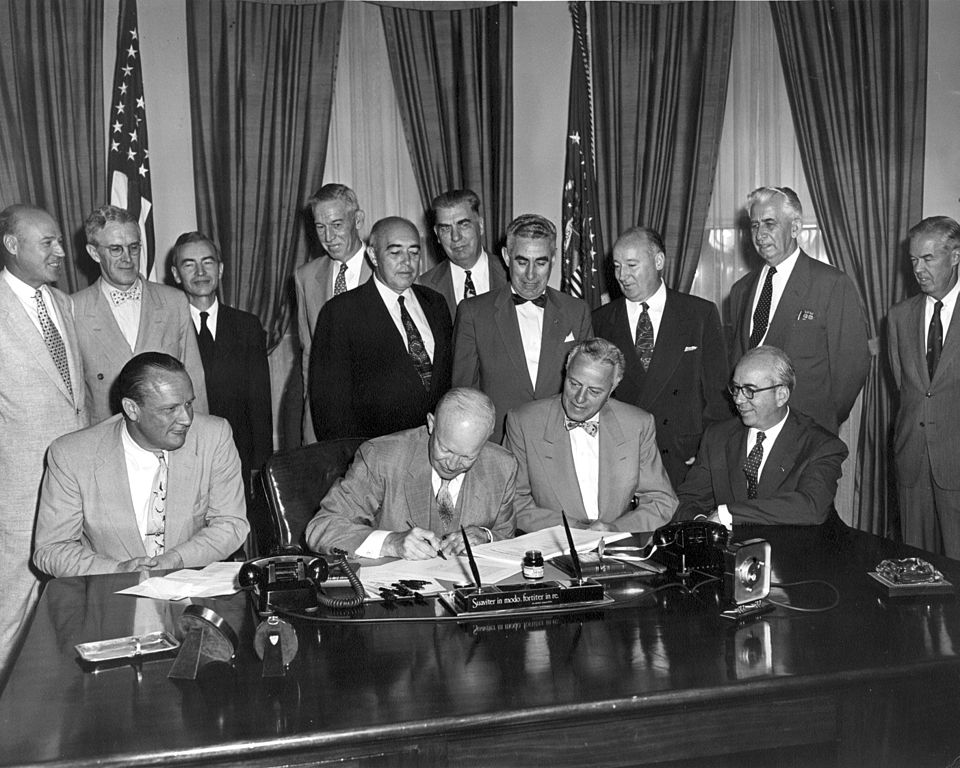
President Eisenhower proposed his "Atoms for Peace" programme, which instigated efforts to produce civil nuclear energy development in the USA.
R. J. Reynolds introduces Winston filter tips.
Philip Morris acquires Benson & Hedges.
The Marlboro cowboy is introduced in ads.
Eva Cooper files the first tobacco lawsuit against R. J. Reynolds for her husband's death from lung cancer.
The US provides support to many sympathetic warlords in the approach to the Vietnam War and inadvertantly fuels a boom in heroin production in the Golden Triangle.
The Algerian War of Independence. Algeria wins a bitter 9 year struggle for independence against France.
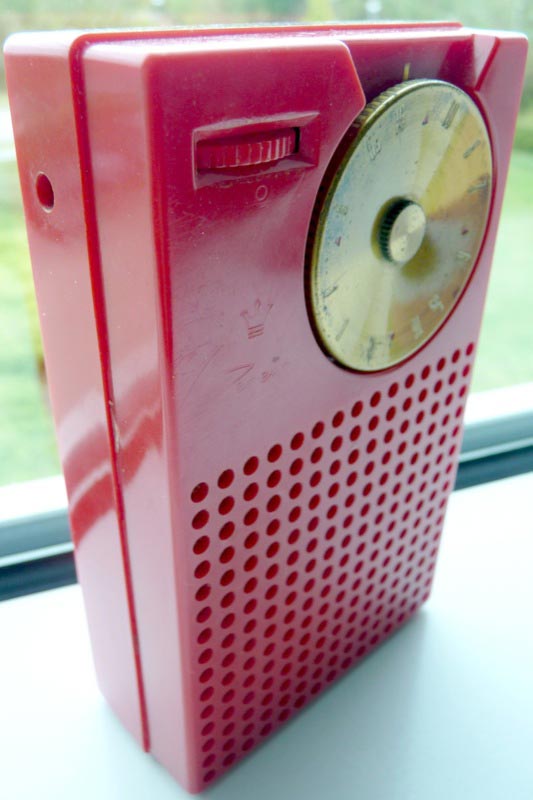
Texas Instruments introduces the first commercially available transistor radio, the Regency TR1, in the USA.
The modern solar cell is developed at Bell laboratories, using silver.
US Congress passes Air Pollution Control Act.
Lindt & Sprungli introduce Lindor chocolates.
Around the time that Disneyland first opens, T-shirts start to appear with images and logos.
James Dean popularises the wearing of jeans in A Rebel Without a Cause.
American inventors Malcolm McLean and Keith Tantlinger invent the modern transport container that can be loaded on trucks and ships and greatly reduced the amount of wood used in packaging.
The Vietnam War. American attempts to support the South Vietnamese forces fail as the North Vietnamese (supported by China and Russia) win a war of attrition.
Disneyland opens in California.
The world's first commercial nuclear electric power plant is opened at Sellafield in UK.
The first fiber-optic semi-flexible gastroscope is patented by Basil Hirshowitz, C. Wilbur Peters and Lawrence E Curtiss.
Sudan declares independence.
Morocco and Tunisia gain independence from France.
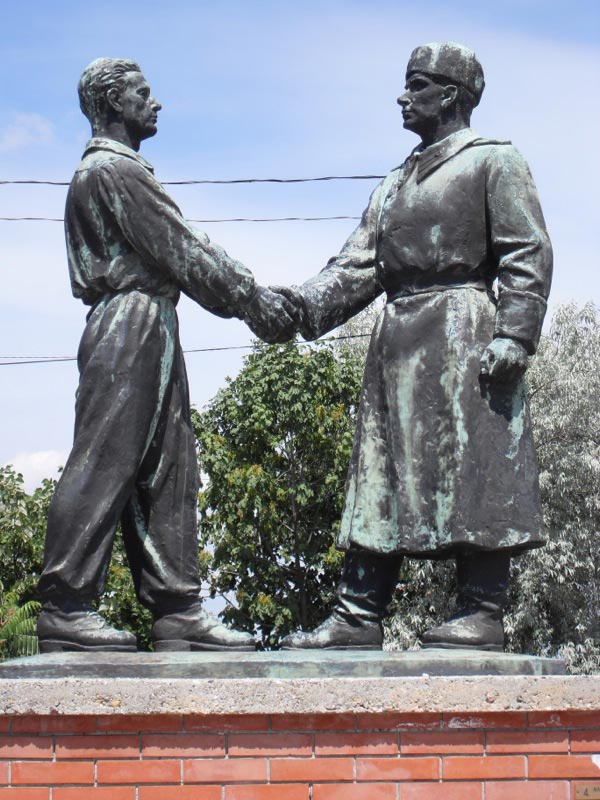
Hungarian Revolution. Hungary's attempts at independence from the Soviet Bloc are suppressed.
Cable ship Monarch completes laying the first Transatlantic telephone cable.
The Suez Crisis. Britain and France are humiliated as Egypt takes control of the Suez Canal.
The Hovercraft is invented.
UK Parliament passes the Clean Air Act.
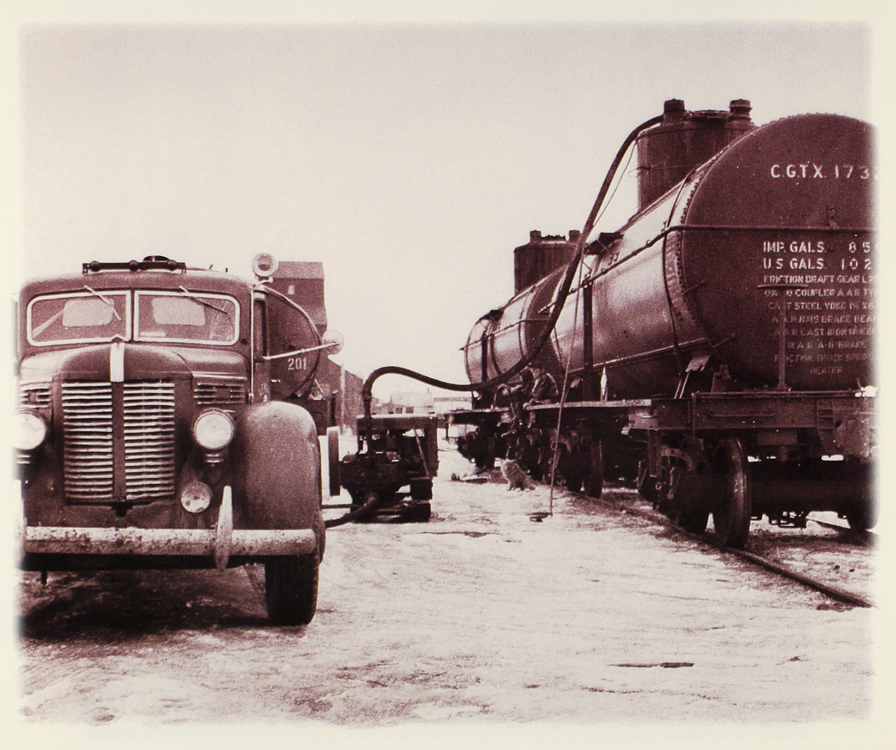
Geologist M. King Hubbert announced that US oil reserves would reach their peak by the early 1970's, then steadily decline.
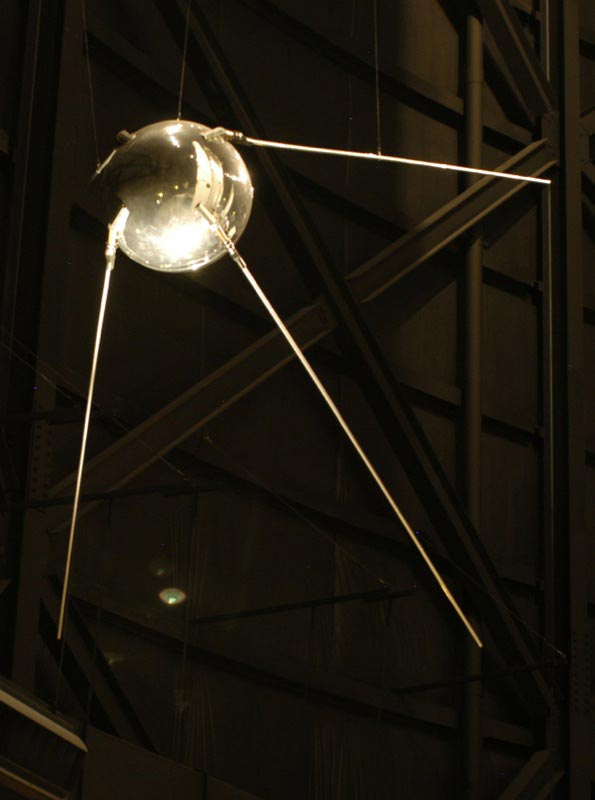
Sputnik I and Sputnik II are launched by the Russians.
The High Fructose Corn Syrup production process is invented by Marshall and Kooi.
The last surviving opium den in New York is closed down.
Ghana declares independence from Britain.
The Treaty of Rome establishes the European Economic Community, with France and Germany as the dominant members.
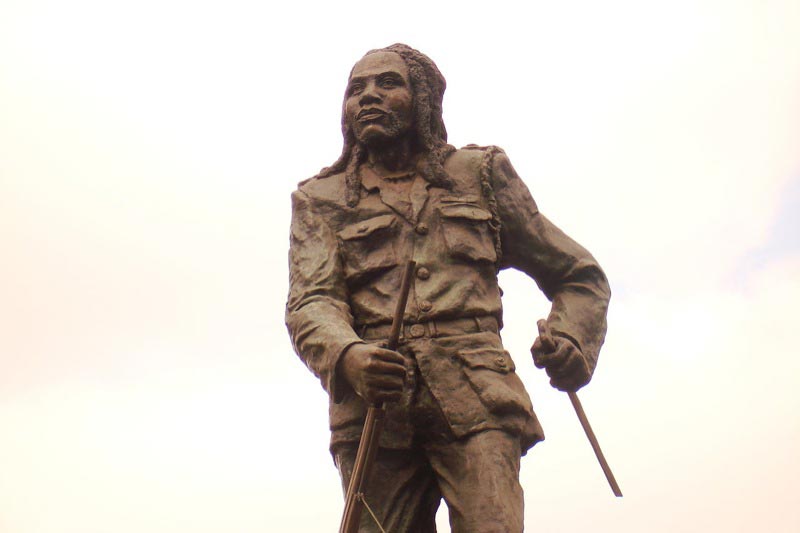
The Gold Coast, Ghana, and Malaya declare independence from Britain.
The International Atomic Energy Agency is set up with the aim of promoting the use of nuclear energy in peaceful and productive ways.
Nigerian writer Chinua Achebe publishes Things Fall Apart written in the English language.
The first integrated circuit, or silicon chip is produced by Jack Kilby and Robert Noyce.
France withdraws from NATO.
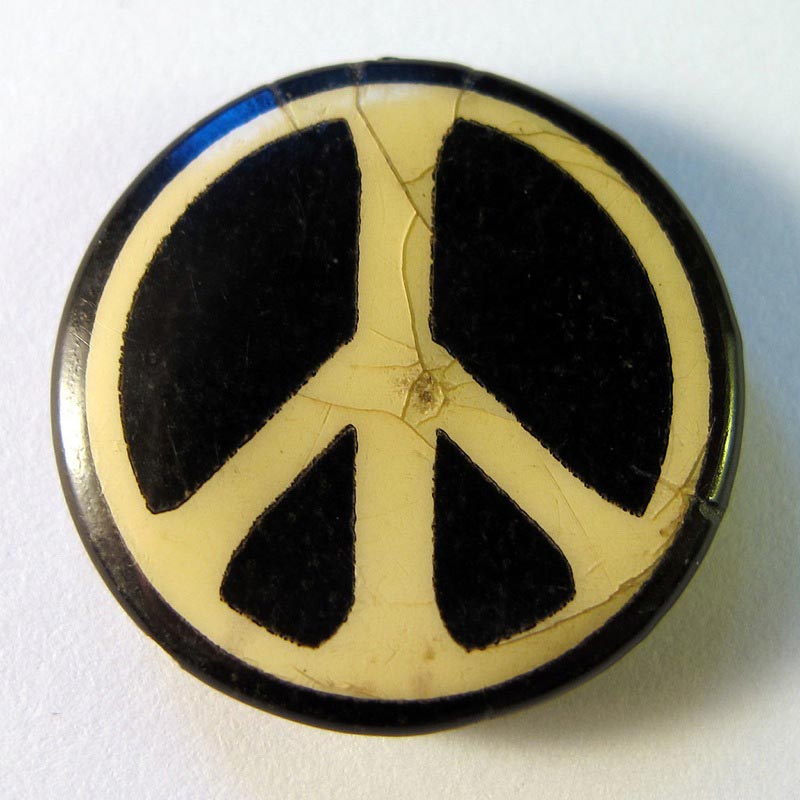
Campaign for Nuclear Disarmament is founded in UK.

Massey-Harris merged with the Ferguson company in 1953 and now become Massey Ferguson, producing electronic and agricultural goods.
Kellogg's introduces Rice Cocoa Crispies.
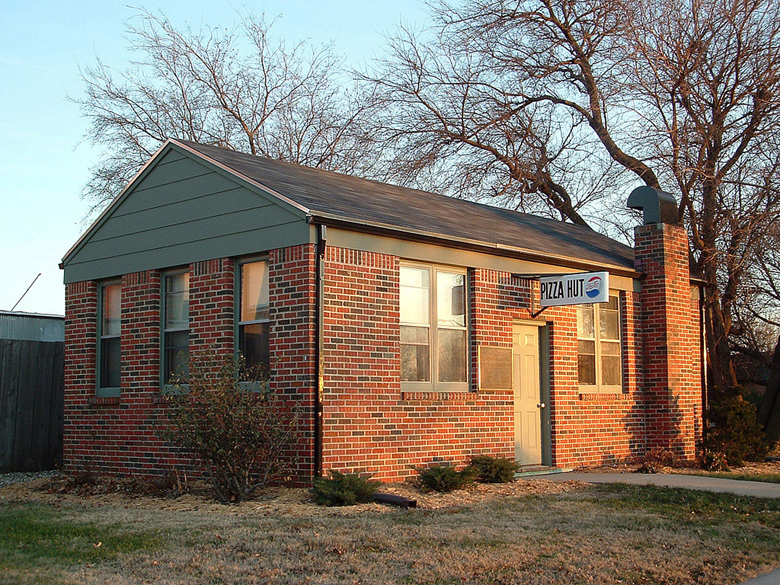
Frank and Dan Carney found Pizza Hut in Wichita, Kansas, using a flatbread base.
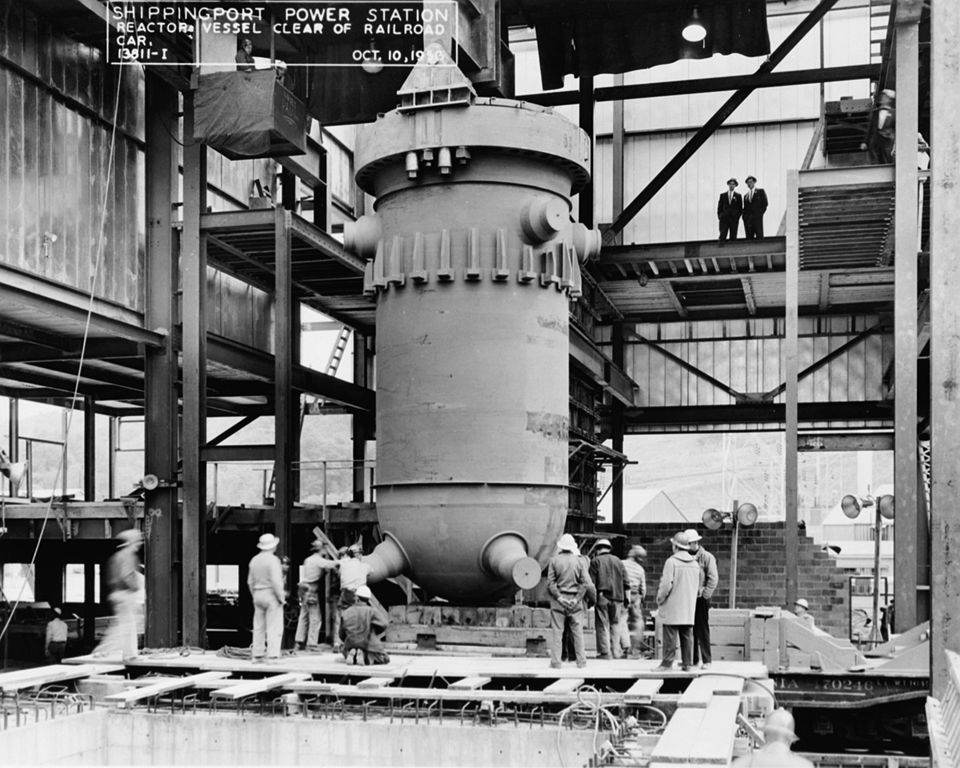
Shippingport Nuclear Power Station, the first full-scale commercial electric generating station to use nuclear power, begins operating at full capacity.
Frank Lloyd Wright's New York Guggenheim Museum building is completed.
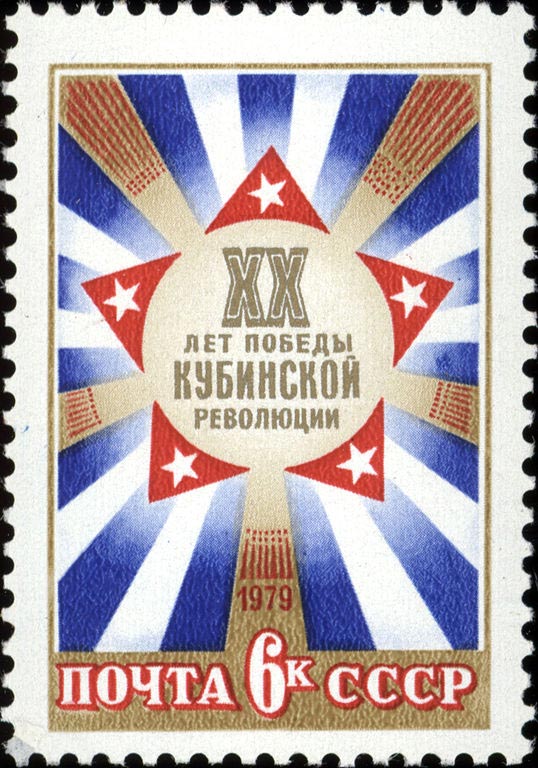
Cuba falls to a communist revolution led by Fidel Castro.
Alaska and Hawaii are added to the US.
Yuri Gagarin becomes the first man in space.
Introduction of the Mini - initially under the Austin Seven or Morris Mini-Minor names. Designed by Alexander Issigonis (1906-1988) it becomes the best-selling British car of all time.
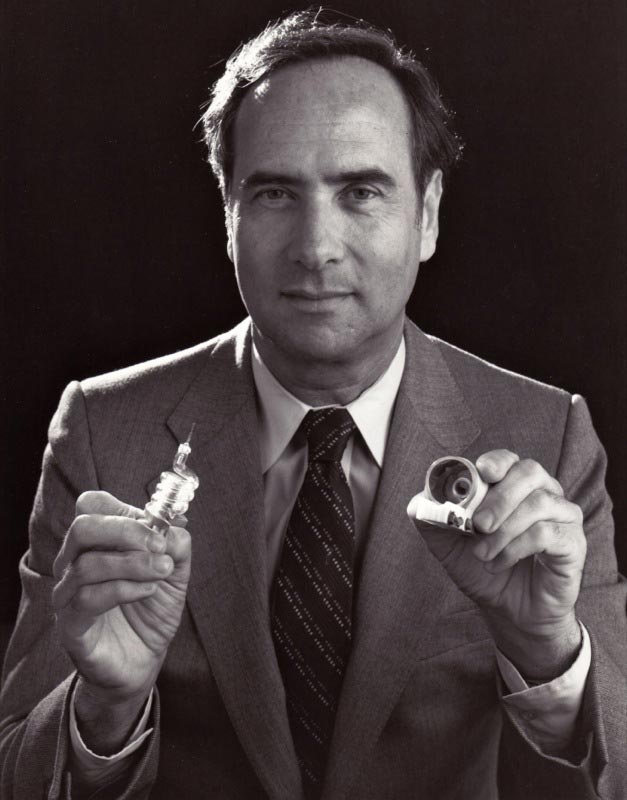
The laser is created by Theodore Harold Maiman.
Guylian chocolates is founded.
Indian food becomes increasingly popular around the world, increasing the use of spices.
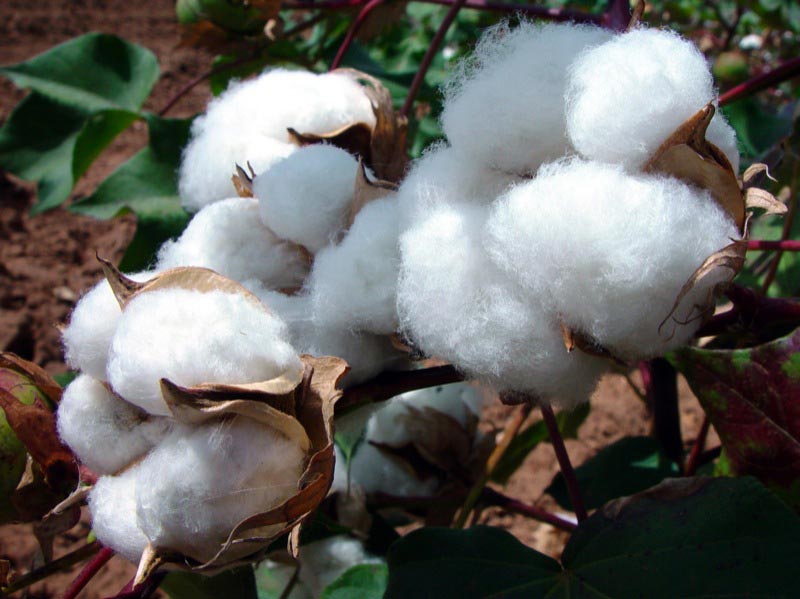
Over 75% of all clothing and fabrics sold in the US are made of cotton.
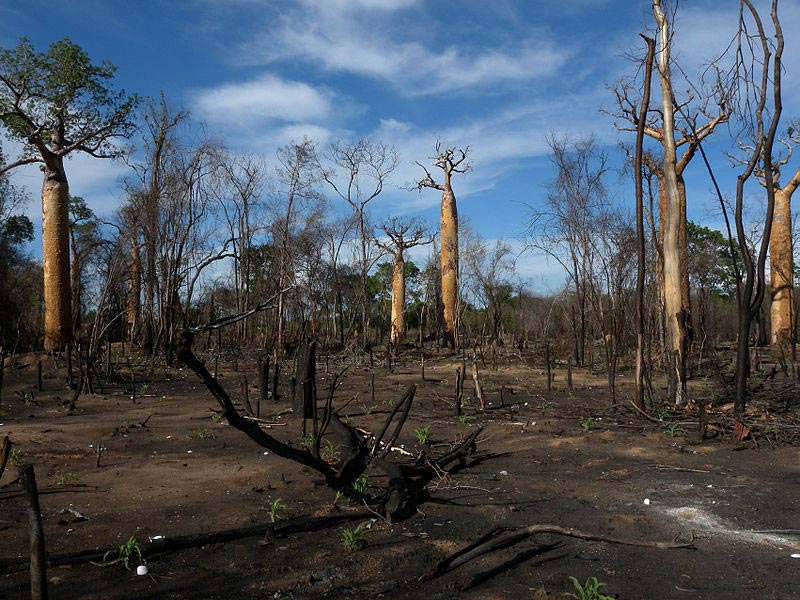
Slash and burn agriculture starts to destroy the Amazon Rainforest.
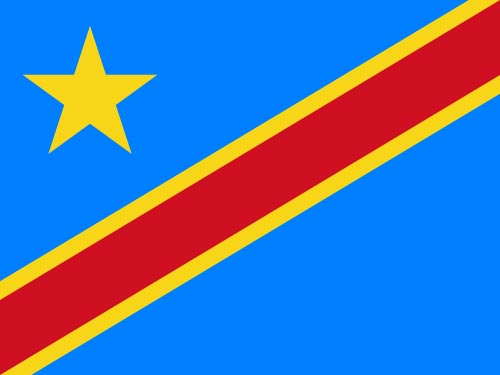
The Belgian Congo gains independence and becomes the Democratic Republic of the Congo.
Cameroon declares independence.
Togo gains independence.
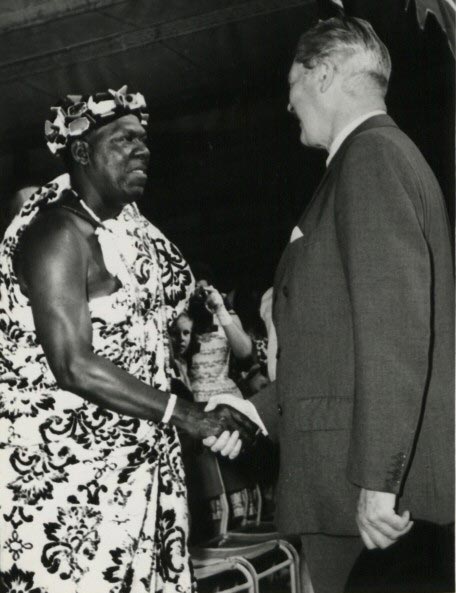
British Prime Minister Harold Macmillan makes his Winds of Change speech, predicting a wave of decolonisation in Africa.
Nigeria declares independence from Britain.
Foundation of OPEC (Organisation of Petroleum Exporting Countries) in Baghdad. The founding members were Iran, Iraq, Kuwait, Saudi Arabia and Venezuela. Later countries to join were Qatar, Indonesia, Libya, United Arab Emirates, Algeria, Nigeria, Ecuador, Angola and Gabon.
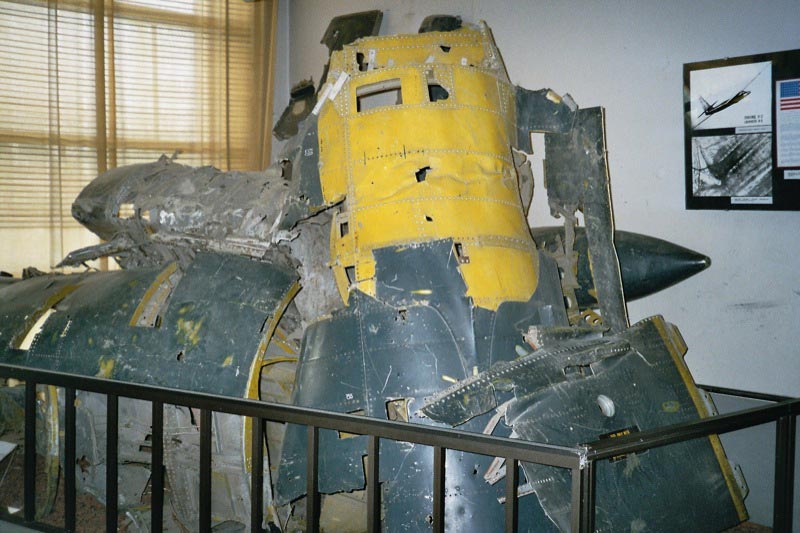
An American U-2 spy plane, piloted by Francis Gary Powers, is shot down during a surveillance mission in Russian airspace.
Cuba openly aligns itself with Soviet foreign policy and claims solidarity with the Sino-Soviet bloc, issuing a joint communiqué with the USSR.
V. S. Naipaul receives international acclaim for his novel A House for Mr Biswas set in Trinidad.
Fidel Castro nationalises Cuba's sugar industry.
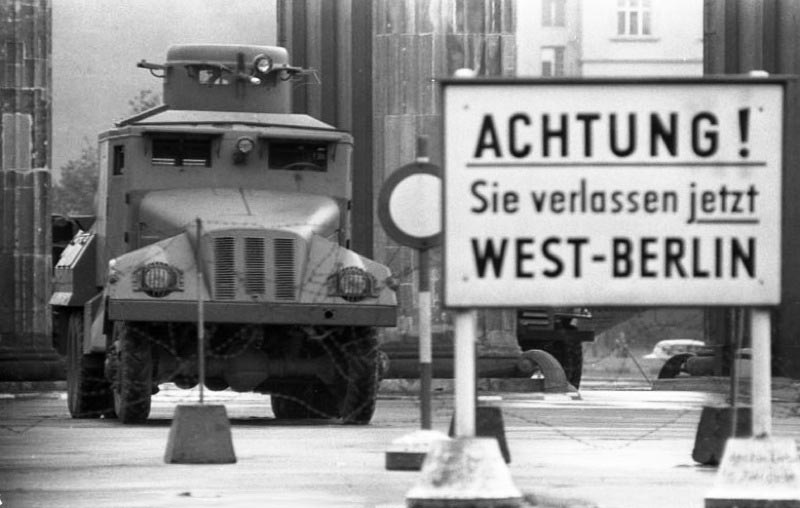
The Berlin Wall is erected.
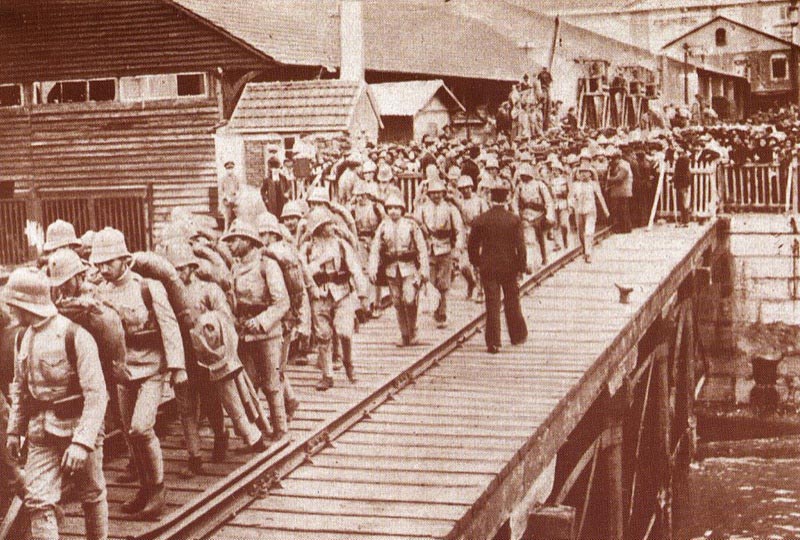
The Colonial War in Angola calls for independence from Portugal.
South Africa is declared a republic and withdraws from the Commonwealth.
John F. Kennedy serves as US President.
The World Wildlife Fund is founded in Switzerland.
Sierra Leone declares independence from the UK.
India uses military force to seize Goa and other Portuguese possessions in India.
The Antarctic Treaty is signed.
International Clean Air Congress is held in London.
President John F. Kennedy secretly mounts the Bay of Pigs Invasion in Cuba, an attempt to overthrow Fidel Castro.
In a speech to the Nation, Castro announces the leadership's faith in Marxism-Leninism, and declares that Cuba will become a communist state.
World cereal production (in millions of metric tons) reaches 205 for maize; 285 for rice; and 222 for wheat.
The Chorleywood Bread Process is developed by the British Baking Research association and enables bakers to make use of lower-protein wheat types in producing bread. It is now used for 80% of British bread production and in India and Australasia.
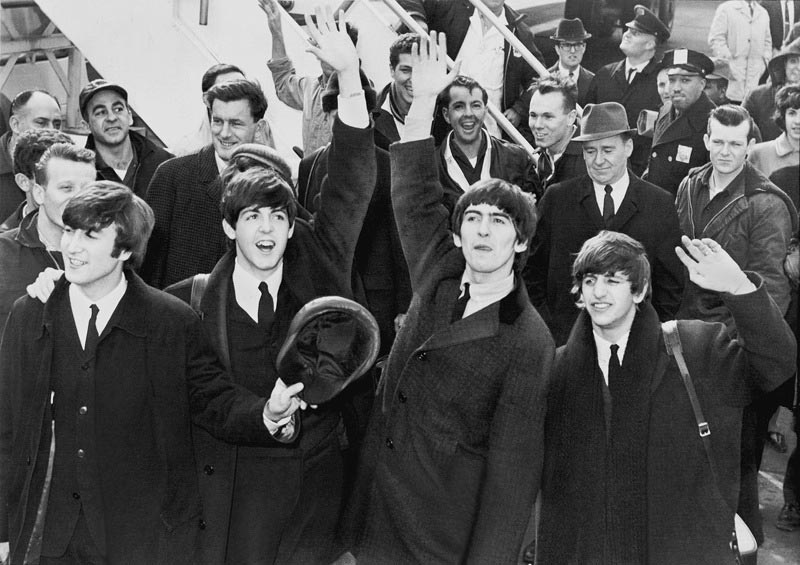
The Beatles are active.
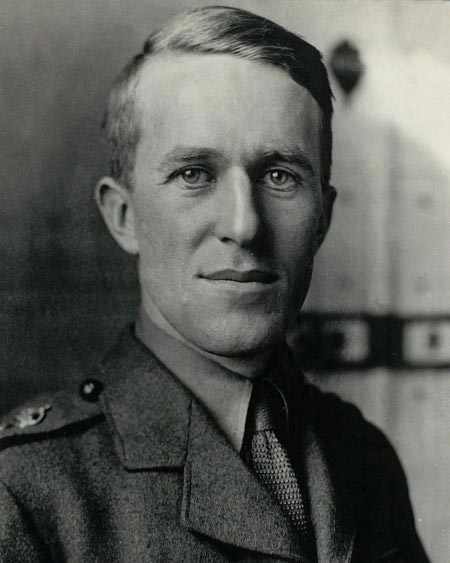
The life of T. E. Lawrence is depicted in the movie Lawrence of Arabia starring Peter O'Toole.
An International Coffee Agreement is brokered by the UN, fixing prices and production.
Burma bans opium.
Rwanda and Burundi become independent states.
Russia sends nuclear missiles to Cuba, prompting the Cuban Missile Crisis. Genuine threats of nuclear war are averted when Russia withdraws the missiles.
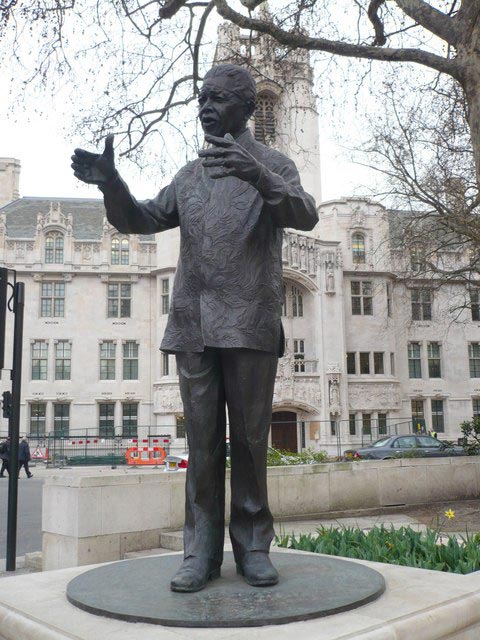
Nelson Mandela is arrested for his role in the political activities of the African National Congress.
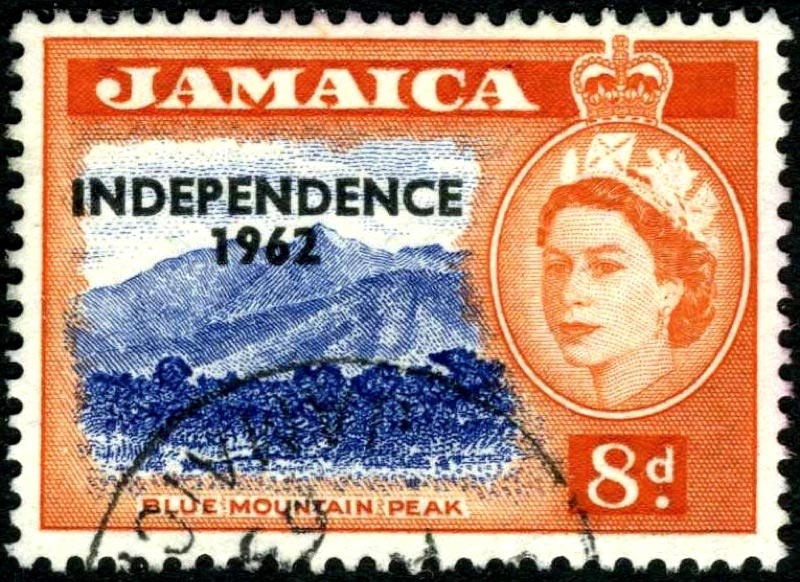
Jamaica declares independence from the UK.
Trinidad and Tobago declare independence from Britain.
Uganda gains independence from Britain.
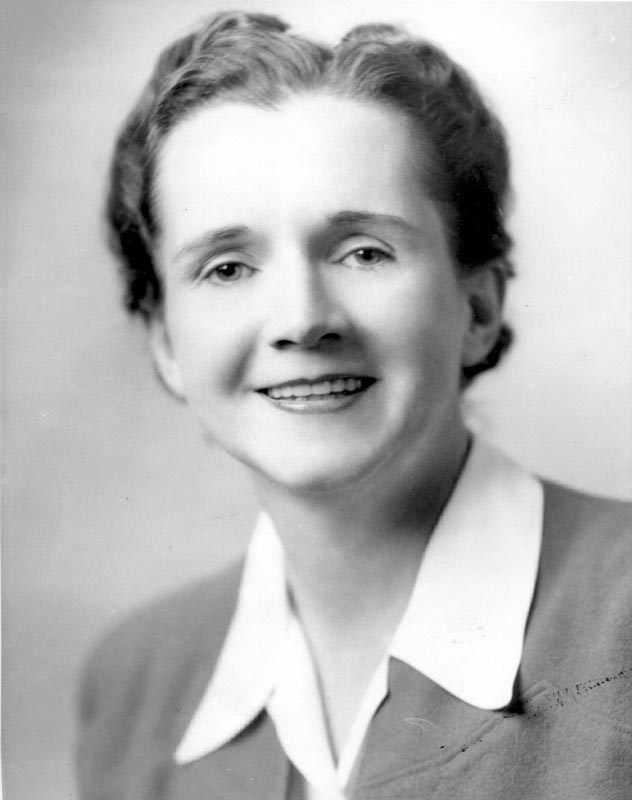
Rachel Carson publishes Silent Spring, decrying the use of chemical pesticides.
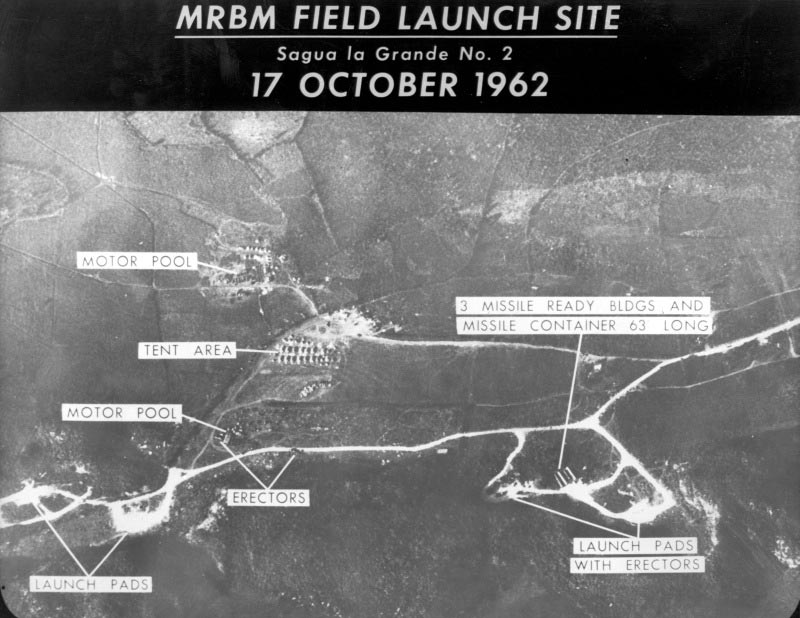
President Kennedy makes public the presence of Soviet missiles in Cuba and warns that, if any missiles are fired upon the United States, he would respond against the Soviet Union.
Khrushchev announces that he has ordered the removal of the Soviet missiles in Cuba.
Creation of Ranks Hovis MacDougall, which owns the Hovis, Mothers' Pride and Nimble brands.
The world's longest pipeline, the Druzhba, begins operation. The pipeline sources oil from the West Siberian oil fields in Russia and has continued to be extended and developed into new areas across Europe.
The computer mouse is invented by Douglas Engelbart.
President Kennedy is assassinated in Dallas, Texas.
Kenya declares independence from Britain.
Zanzibar declares independence from Britain.
Singapore declares independence from Britain.
US Congress passes Clean Air Act.
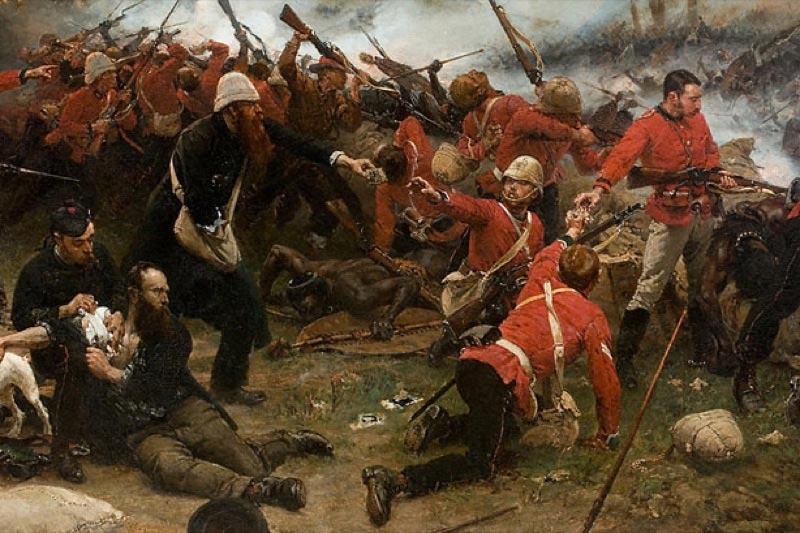
The movie Zulu is released depicting a battle from the Anglo-Zulu war that took place in 1879.
Kenyan writer Ngũgĩ wa Thiong'o publishes the novel Weep Not, Child which centres on the Mau Mau uprising.
The first US Surgeon General's report on smoking is released.
A single price system is established for American cotton.
The Palestine Liberation Organisation is founded to fight for Palestinian independence.
Nyasaland becomes independent as Malawi.
Northern Rhodesia gains independence as Zambia.
The Civil Rights Act outlaws the most severe forms of discrimination and segregation between races in the US.
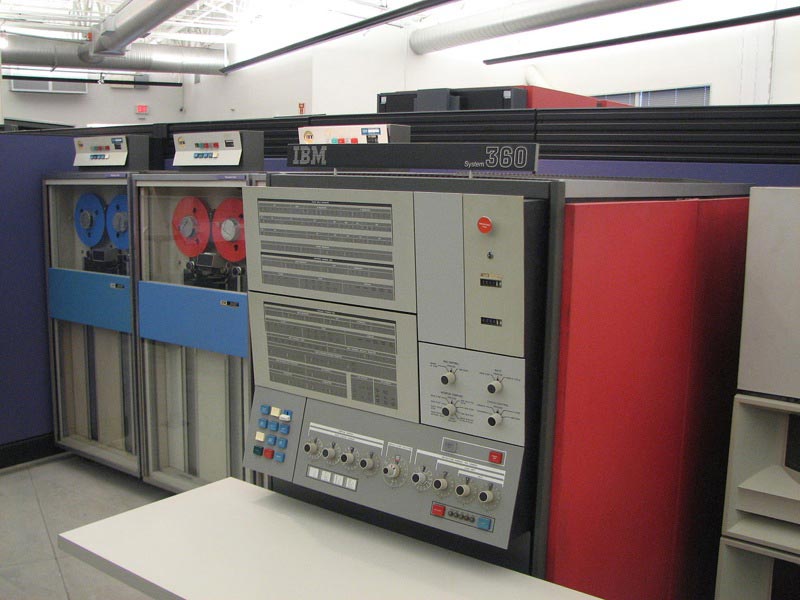
IBM introduce the IBM System/360 mainframe computer series of 32 bit computers.
The well-worn look becomes popular with jeans.
American scientist James Schlatter discovers the artificial sweetener, Aspartame.
America removes silver from quarters and dimes.
Southern Rhodesia declares unilateral independence from Britain as Rhodesia.
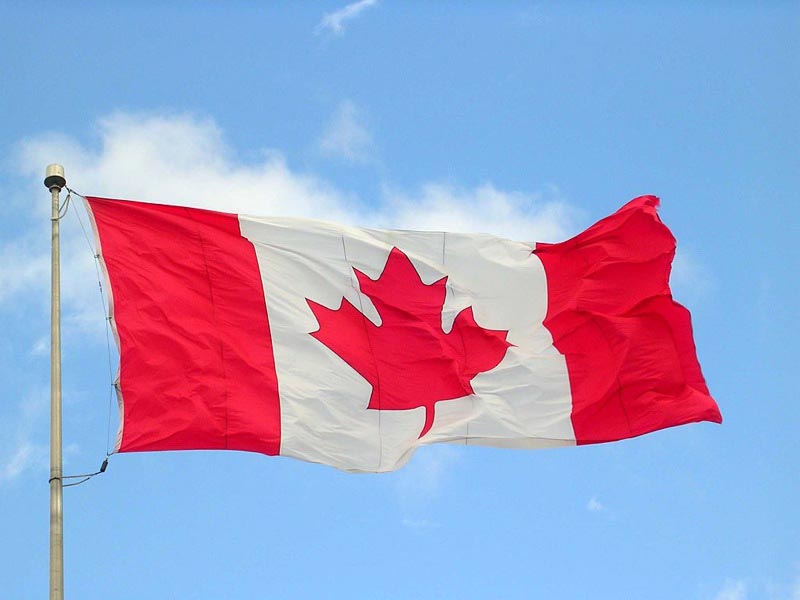
Canada adopts the Maple Leaf flag.

The Pillsbury Dough Boy first appears in adverts.
Smoking reaches a peak in Japan, with nearly half of adult population (and over 83% of men) smoking.
Barbados declares independence from the UK.
British Guiana declares independence from Britain.
Barclays Bank launch the Barclaycard - the first credit card in the UK.
Torrey Canyon oil tanker crashes off the coast of UK and spills 29 million gallons of oil into the sea.
The Automatic Teller Machine (ATM) is invented by John Shepherd-Barron.
South Africa issues the gold Krugerrand bullion coin.
Greenpeace, as it will be known from 1971, is founded as the Don't Make a Wave Committee.
Environmental Defence Fund is established.
So as to appease the Arabs, the Soviet Union severs diplomatic relations with Israel.
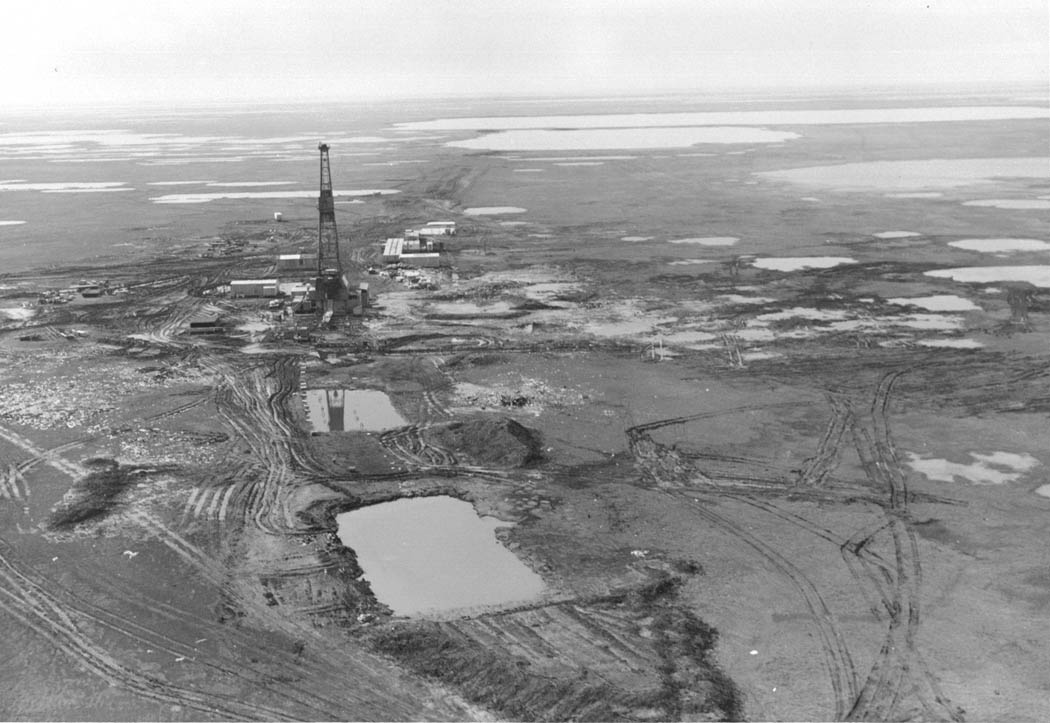
Oil is struck in Prudhoe Bay, Alaska. It is the largest oil field to be discovered in North America.
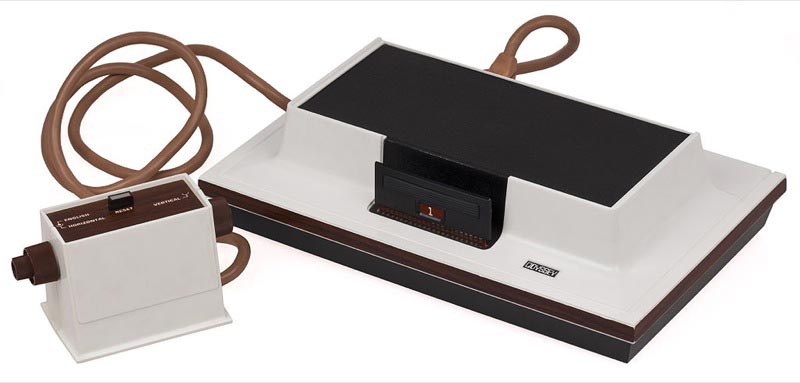
The Video Game Console is invented by Ralph H Baer.
Imperial Tobacco sponsors Formula 1 racing.
The Calvin Klein fashion house is opened in New York.
Intel microchips use gold circuits.
Student riots erupt around the world.
The Prague Spring in Czechoslovakia is suppressed as Russian tanks roll into Prague.
The Troubles in Ireland. Sectarian and nationalist conflict leaves over 3,000 dead.
Martin Luther King, Jr. is assassinated in Memphis, Tennessee.
My Lai Massacre in Vietnam.
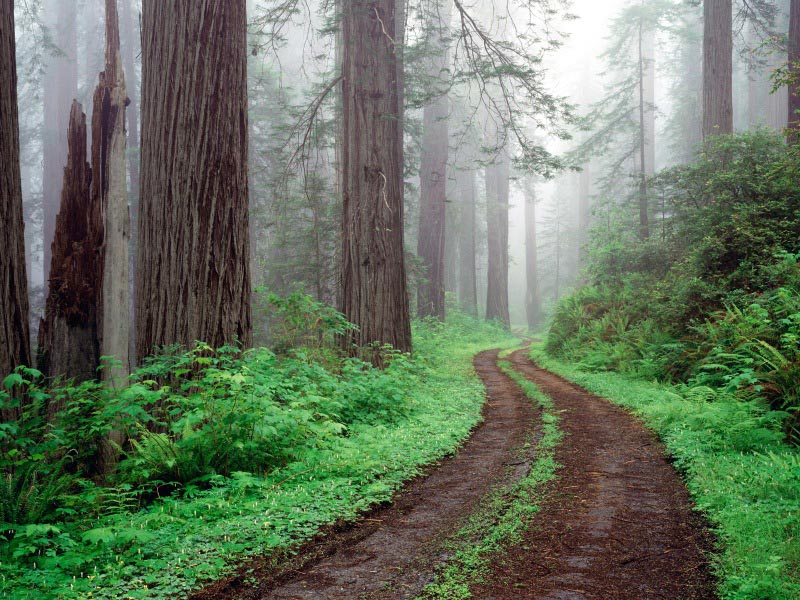
Redwood National Park is established in California.

Cadbury's merges with Schweppes to become Cadbury's-Schweppes. They were demerged in 2007.
R. J. Reynolds sponsors NASCAR racing.
Fortune Brands is established in Deerfield, Illinois, by American Brands offering a mixture of hardware and consumable products. It now owns Jim Beam, Maker's Mark, Canadian Club, Teacher's, Laphroiag, Courvoisier, Gilbey's Gin, Cockburn's Port and Harvey's Sherry.
National Environmental Policy Act is passed by US Congress.
Friends of the Earth is founded.
Canada adopts bilingualism.
Neil Armstrong becomes the first man on the Moon, during the successful Apollo 11 mission.
The Advanced Research Projects Agency (ARPA) commissions the building of the first computer network (ARPANET) based on packet switching. It is one of the earliest forerunners of the internet.
A UNESCO conference "Man and his Environment. A view towards Survival" is held in San Francisco.
The Cuyahoga River catches fire due to oil and chemical pollution. This will become a defining moment for the US environmental movement.
A Soviet patrol comes into armed conflict with Chinese soldiers on Damansky Island. This conflict led to several further skirmishes across the Sino-Soviet territorial borders.
Over 32.3m tons of chemical fertiliser are used worldwide.
The Santa Barbara oil spill. An offshore drilling platform causes over 200,000 gallons of oil to leak into the Pacific Ocean. The ecological disaster contributed to the modern environmental movement, and to the passing of the National Environmental Act in 1970.
The World Trade Center's first tower is completed and becomes the world's tallest building at 417m.
Seattle's Best Coffee is founded at the Wet Whisker on Pier 70 in Seattle.
Toblerone merges with Suchard to become Interfood.
Fusion cuisine becomes more popular increasing interest in exotic ingredients and spices.
Cotton Incorporated is created to revive interest in cotton fabrics.
Rock singer Janis Joplin dies of an accidental heroin overdose.
Gold trades at $200 an ounce.
Salvador Allende takes power in Chile, fuelling American fears that South America will fall to communism.
Thor Heyerdahl's Ra II expedition proved that it was possible to sail across the Atlantic from Morocco to the Caribbean on primitive rafts.
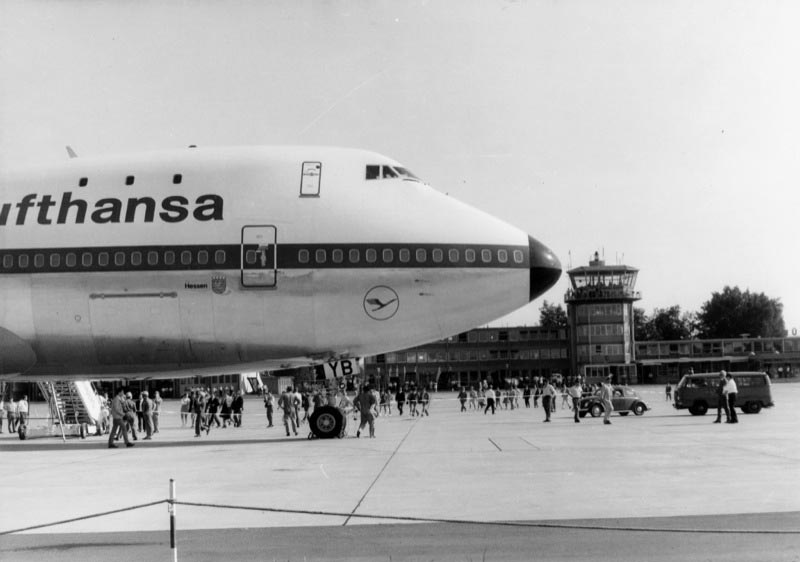
The Boeing Jumbo Jet is launched.
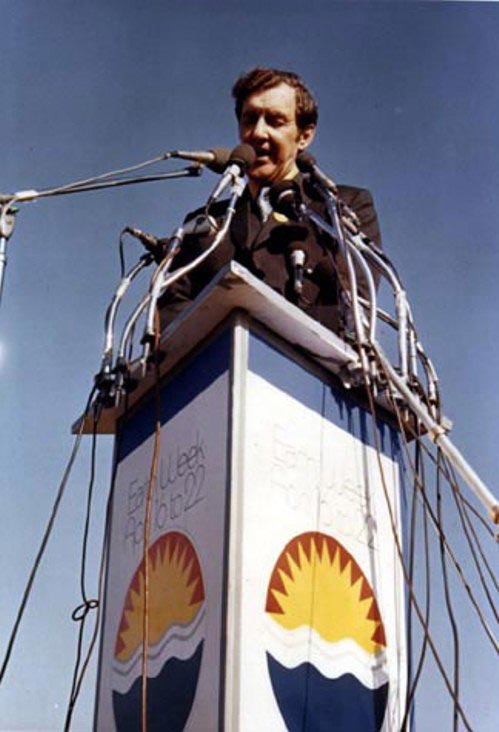
The first Earth Day is celebrated in US.
Environmental Protection Agency is founded in US.
As M. King Hubbert predicted in 1956, U.S. oil production peaks.
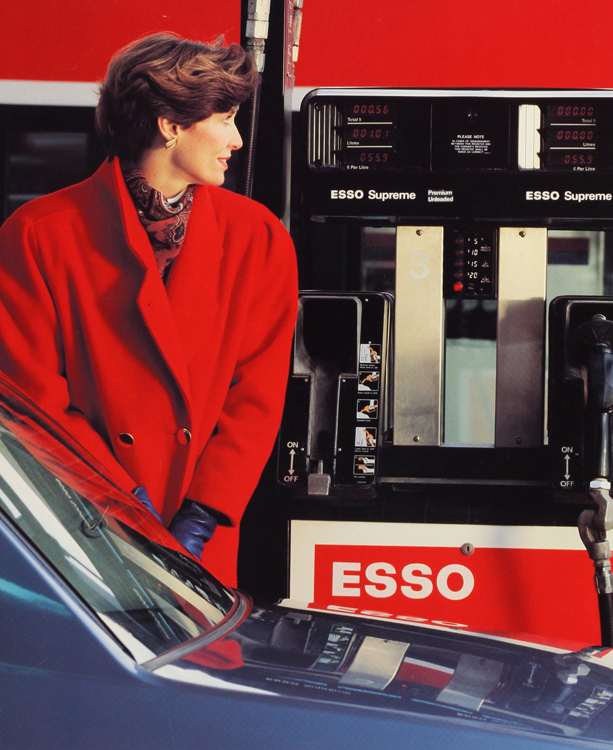
Imperial Oil (Esso) introduced the first self-service fuel stations in Canada.
Chilean author, Pablo Neruda, wins the Nobel Prize in Literature.
E-mail is first implemented by Ray Tomlinson on the ARPANET system.
Liquid Crystal Display is invented by James Ferguson.
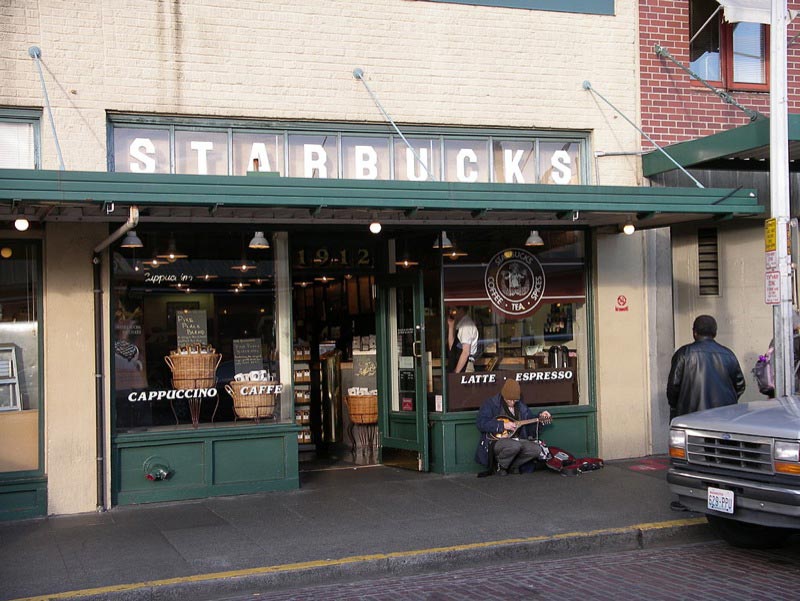
Starbucks is founded in Seattle. Within 40 years it has 15,000 stores in 90 countries.
President Nixon ends the convertibility of US dollars into gold.
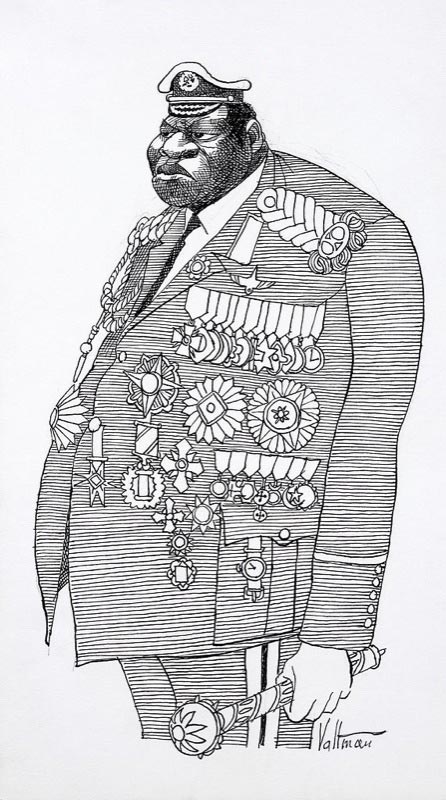
Idi Amin seizes control of Uganda and forces many Ugandan-Asians to flee to Britain and other countries.
Intel releases the world's first commercial microprocessor.
Greenpeace is founded in Vancouver, Canada, and grows to become a major environmental protest movement worldwide.
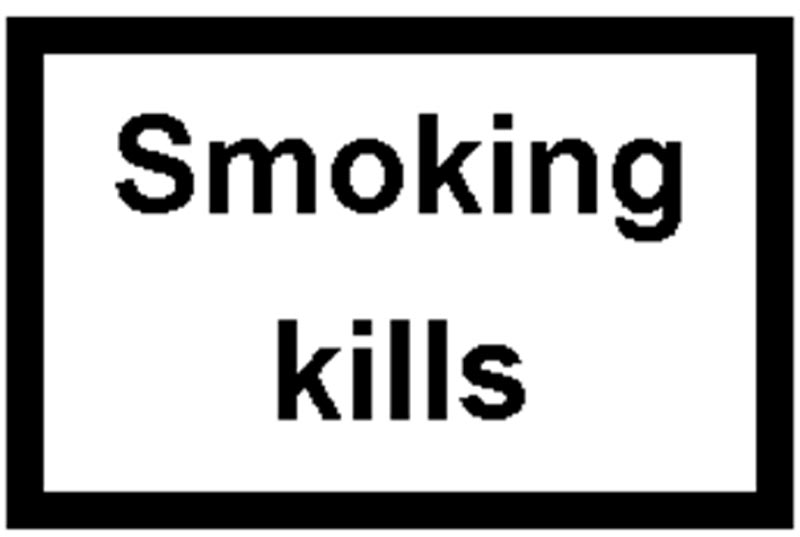
Health warnings are made compulsory in tobacco advertising.
DDT is banned in the US.
Heroin production in the Golden Triangle booms.
The Erroll Report is issued by the UK Government describing the impact of alcohol on society.
DDT is banned in the US.
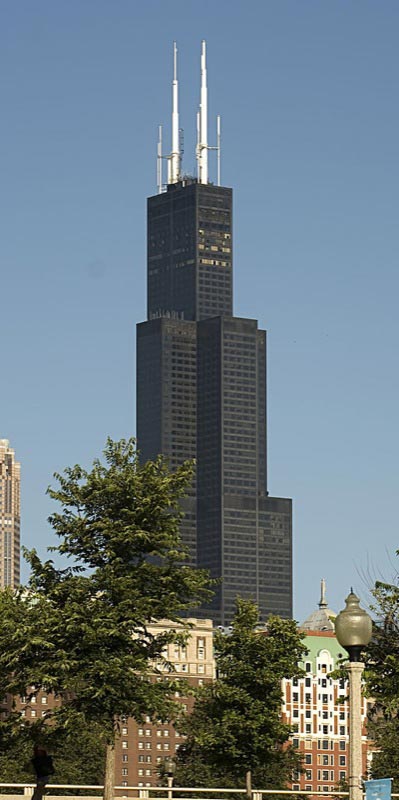
Skidmore, Owings and Merrill complete the Sears Tower in Chicago, which becomes the tallest building in the world at 442m (527m, including the antennae).
Cotton Incorporated introduces the famous Seal of Cotton mark.
Rock musician Gram Parsons dies of a morphine overdose.
Richard Nixon creates the Drug Enforcement Agency (DEA).
General Pinochet seizes power in Chile, backed by the US. His right wing regime continues in power until 1990.
The Six Day War - attempts by Egypt and Syria to invade Israel are defeated by pre-emptive strikes.
The Bahamas declare independence from the UK.
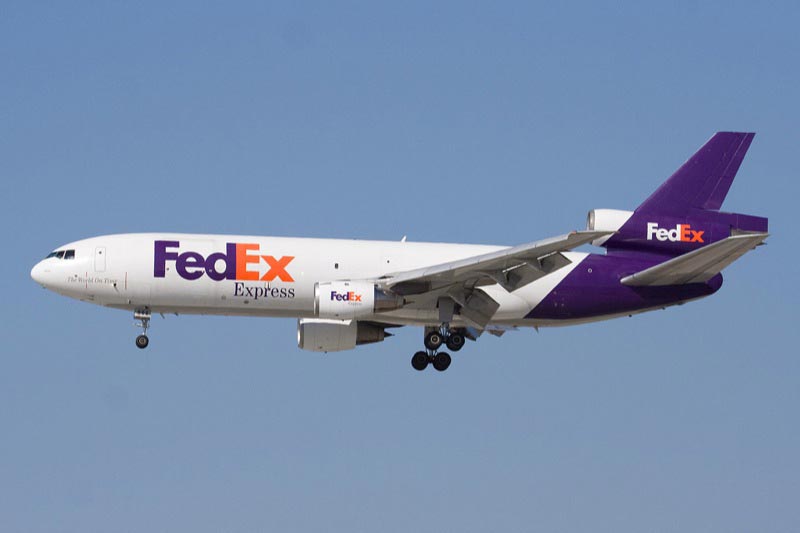
Federal Express begins operations.
A global oil crisis begins when Arab nations from OPEC place an embargo on exports of oil to a number of countries including the US in response to their support of Israel in the Yom Kippur War. The reduced supply led to a substantial increase in the price of oil worldwide and created a significant strain on the world financial system.
President Nixon launches Project Independence, an initiative created in order to achieve energy self-sufficiency by 1980. Nixon declares that American industry and innovation could free the US of its dependence upon foreign oil.
After the Yom Kippur war, the Organization of the Petroleum Exporting Countries (OPEC) announces that it will embargo oil destined for countries that supported Israel during the war. Prices on oil soar in the U.S. and other Western countries.
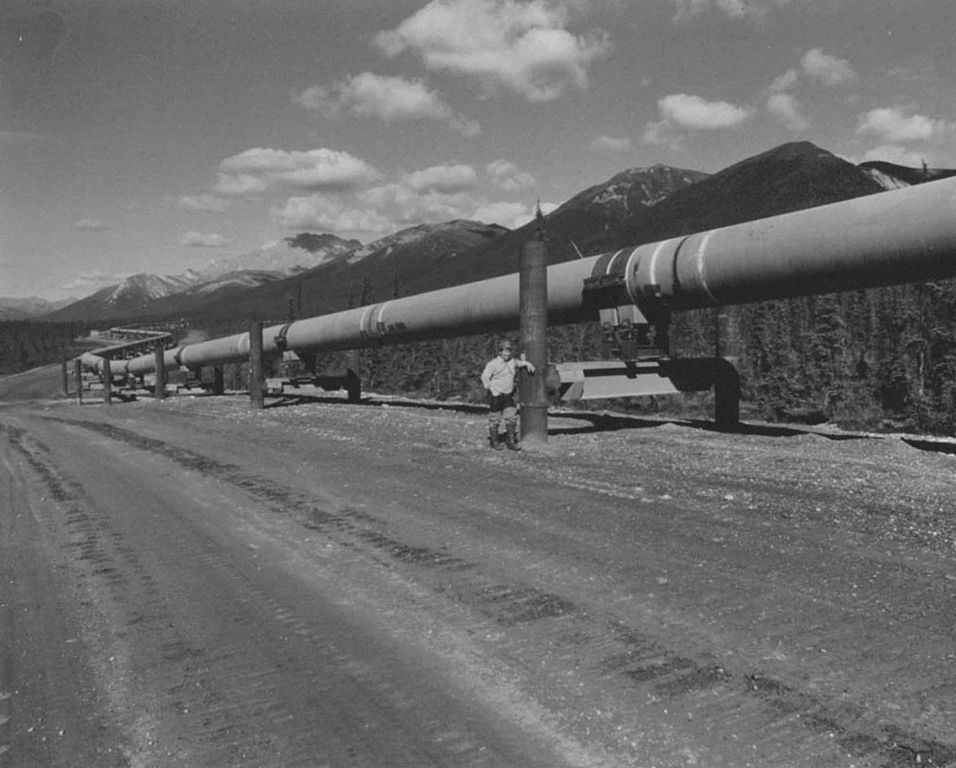
Following the 1973 oil crisis, the construction of the trans-Alaska pipeline system gets underway. After four years and $8 billion spent, oil is pumped through to Valdez.
Philip Morris builds the world's largest tobacco facory in Richmond, Virginia.
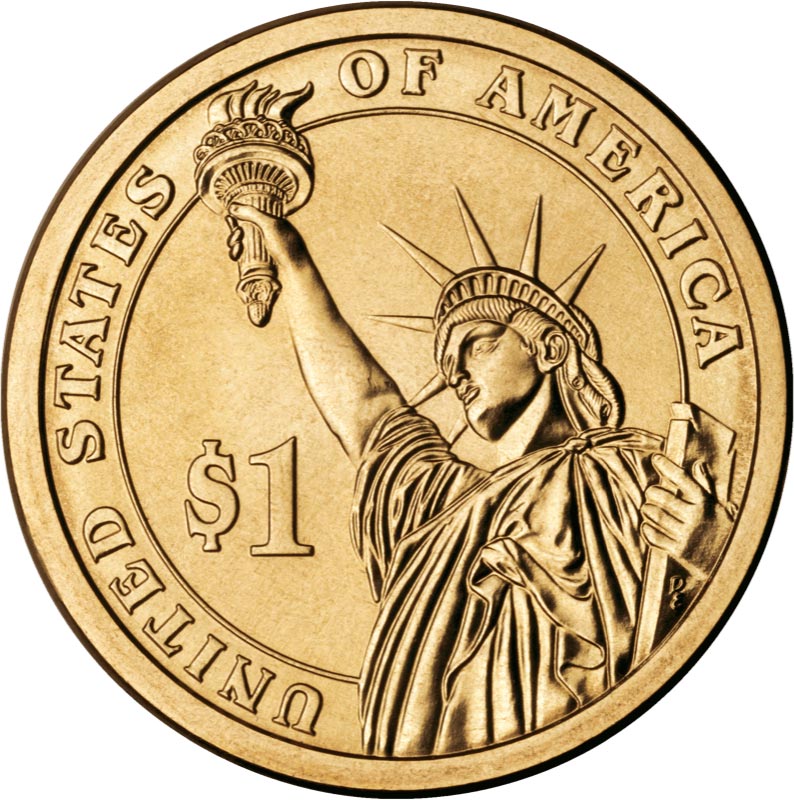
Now the dollar is no longer backed by gold, US citizens are free to trade gold.
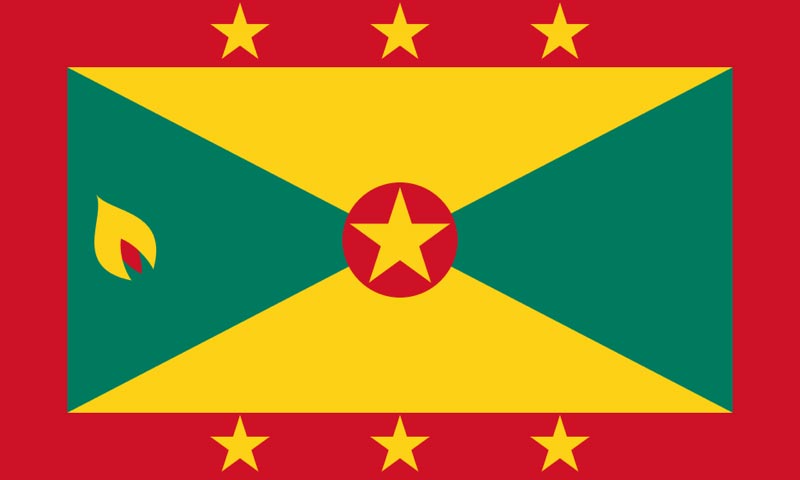
Grenada declares independence from Britain.
The U.S. Nuclear Regulatory Commission (NRC) was created.
First performance of Wole Soyinka's play Death and The King's Horsemen.
Under 35% of all clothing and fabrics sold in the US are made of cotton as a result of the boom in synthetic fabrics.
The fall of Saigon curtails the sale of narcotics from South East Asia. Mexico fills the gap.
Mahogany starts to become scarce.
Pernod Ricard is founded, merging two great French drinks companies.
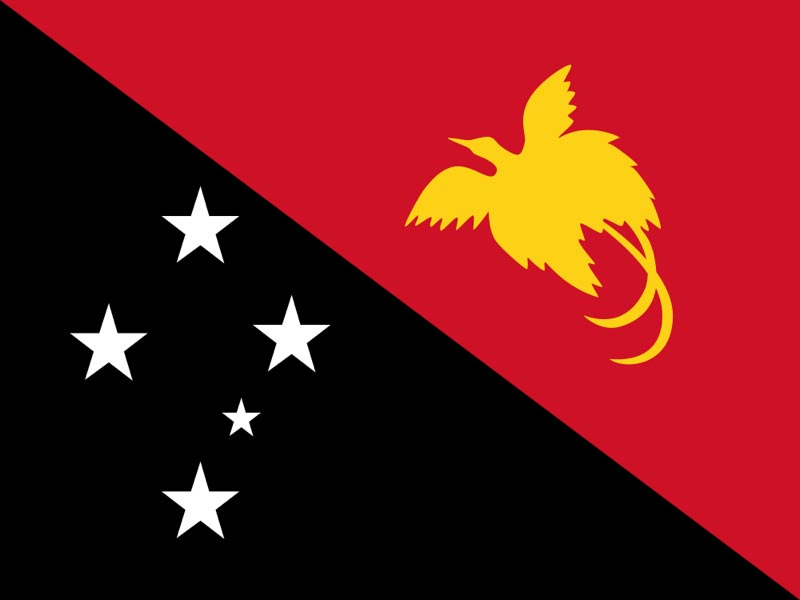
Papua New Guinea declares independence from Australia.
Angola gains independence from Portugal and a violent civil war breaks out.
Mozambique gains independence from Portugal.
The Waitangi Tribunal addresses the rights of the Maori people in New Zealand.
Bill Gates founds Microsoft.
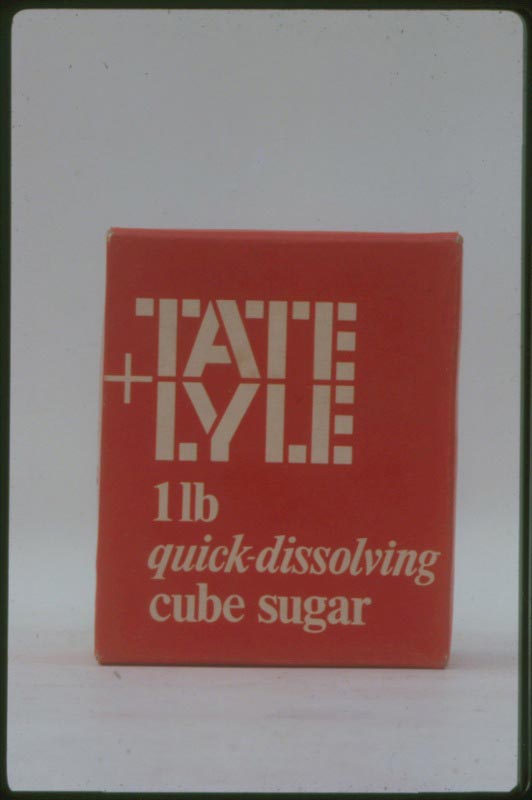
The artificial sweetener, Sucralose, is discovered by scientists at Tate & Lyle.
Howard Hughes dies of liver failure due to excessive codeine intake.
Formation of the Animal Liberation Front in England.
The National Forest Management Act balances the needs of the Timber industry, recreation, wildlife and the environmenet.
American wines achieve top honours at a Paris wine tasting.
Soweto riots challenge the apartheid system in South Africa.
Steve Jobs, Steve Wozniak and Ronald Wayne establish Apple.
Brazilian rubber tappers protest against the cutting down of rubber trees in the Amazon region.
American Spice Trade Association carries out the first thorough nutritional analysis of spices.
World Environment Day is held.
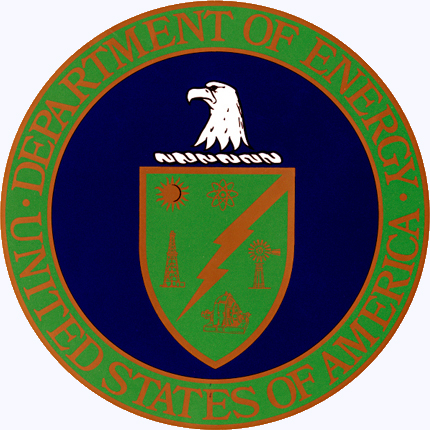
The American Department of Energy is established, amalgamating several organisations into one. The new department is also given responsibility for the nuclear weapons program.
President Carter signs the Emergency Natural Gas Act.
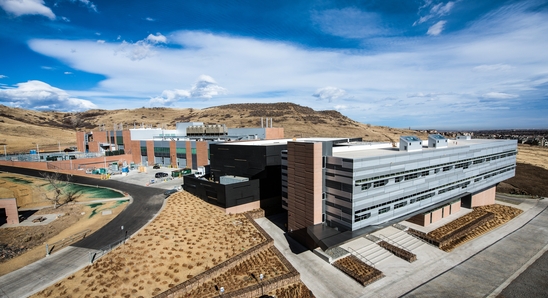
The Solar Energy Research Institute is established. It later became the National Renewable Energy Laboratory.
Edward Said publishes Orientalism which becomes highly influential and controversial among postcolonial theorists.
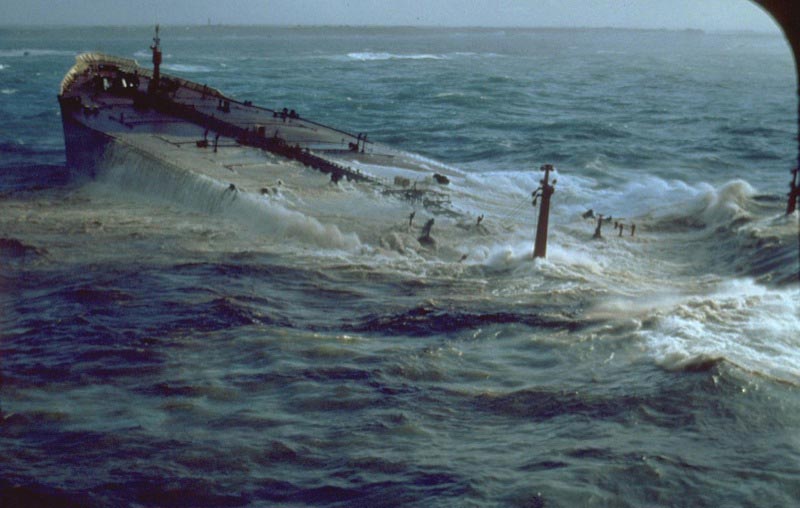
The Amoco Cadiz is wrecked off the coast of France and loses 68 million gallons of fuel.
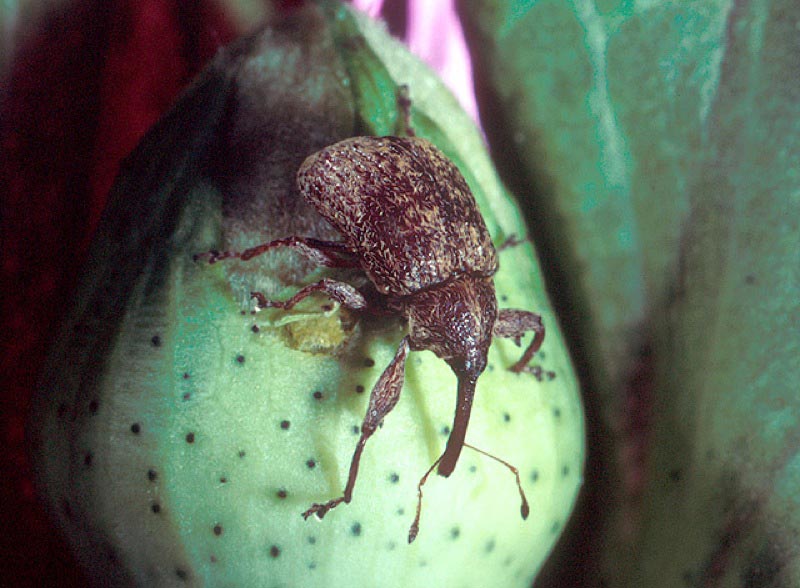
The Boll Weevil Eradication program starts in the US and cotton production increases.
Mexican poppy fields are sprayed with Agent Orange to destroy the opium crop.
The U.S. Government introduces the Energy Tax Act, or "Gas Guzzler Tax".
Calvin Klein helps to launch the Designer Jeans craze
Rock musician Sid Vicious dies of a heroin overdose.
Opium production flourishes in Afghanistan.
The Canadian Maple Leaf gold bullion coin is introduced.
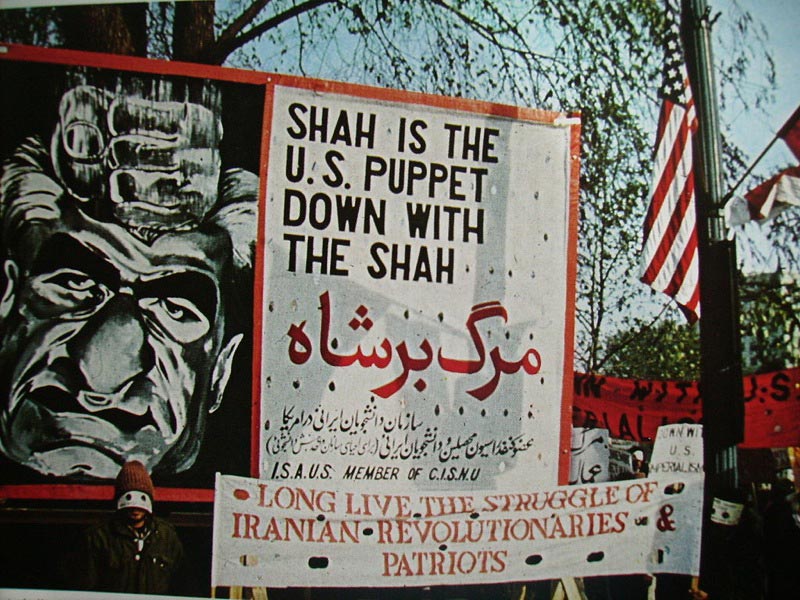
The Shah of Iran flees, prompting the creation of a new Islamic Republic.
The Iran-Iraq War ends in a stalemate.
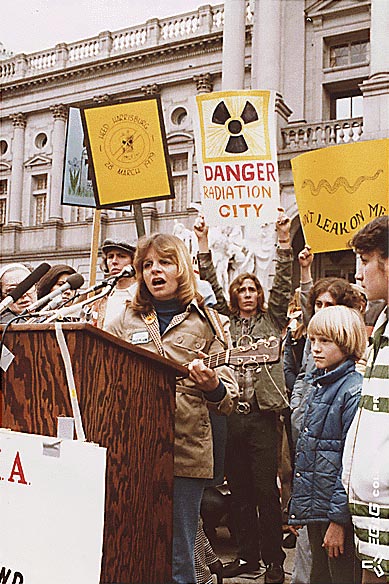
Three Mile Island Nuclear Reactor incident.
In support of the Amin regime, Soviet forces invade Afghanistan in December 1979. After 10 years of unsuccessful conflict, their last troops finally withdrew in February 1989.
Mobil struck oil off the Grand Banks in a field later named 'Hibernia'. Many failed start-up attempts ensued, including the sinking of the Ocean Ranger and the deaths of all those on-board.
After the Iranian revolution, Iran transformed from a pro-Western monarchy to an Islamic theocracy under the rule of Ayatollah Khomeini. Iran's oil reserves are restricted, leading to a second oil crisis in the US.
Waiting for the Barbarians published by South African J. M. Coetzee.
Silver hits a high of nearly $50 an ounce following the Russian invasion of Afghanistan.
Gold trades at over $1,800 an ounce.
Foundation of PETA (People for the Ethical Treatment of Animals) in Norfolk, Virginia.
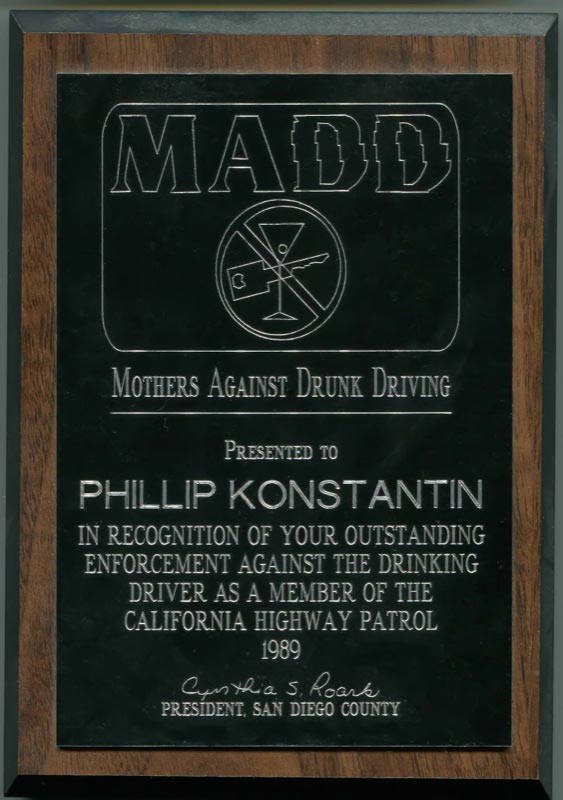
Mothers Against Drunk Driving is founded in Irving, Texas.
Rhodesia becomes Zimbabwe.
Kellogg's introduces Crunchy Nut Cornflakes in the UK after their invention in Manchester.
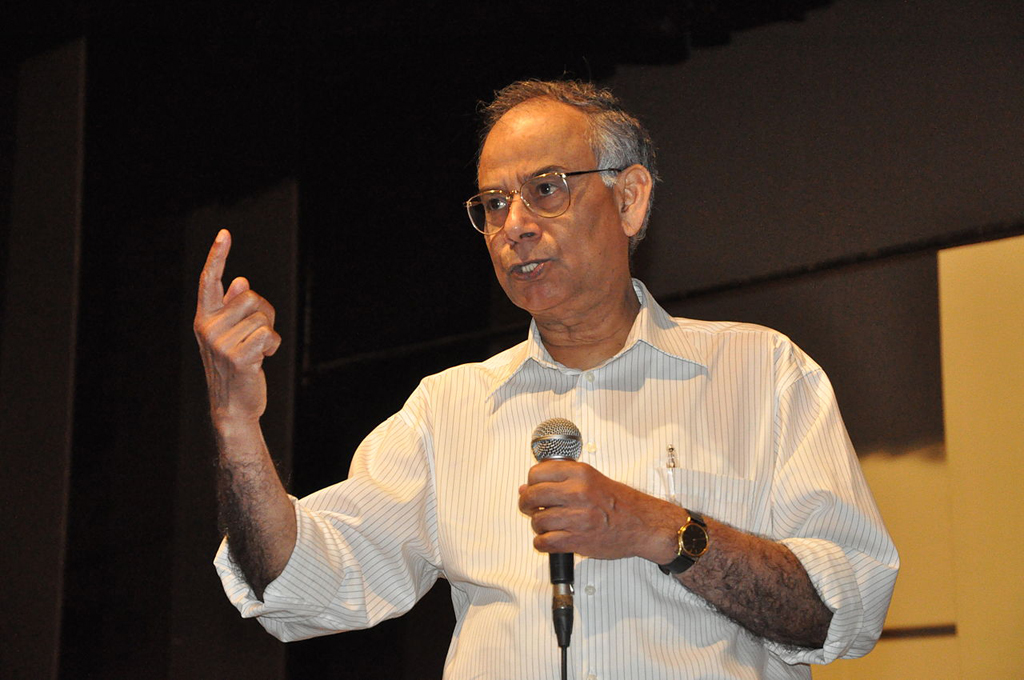
Ananda Chakrabarty uses biotechnology to create a new organism to help break down oil spills. It is the first micro-organism to be patented.
The Energy Security Act is signed by President Carter. It consists of a number of acts involving synthetic and alcoholic fuels, biomass, solar, ocean thermal and geothermal energy types.
Salman Rushdie publishes Midnight's Children.
AIDS is identified as a major new global disease.
British Honduras gains independence from Britain as Belize.
Antigua declares independence from Britain.
The Space Shuttle is launched and continues in service until 2012.
Colombian author, Gabriel Garcia Marquez, wins the Nobel Prize in Literature.
Jacobs coffee merges with Interfood to become Jacobs Suchard.
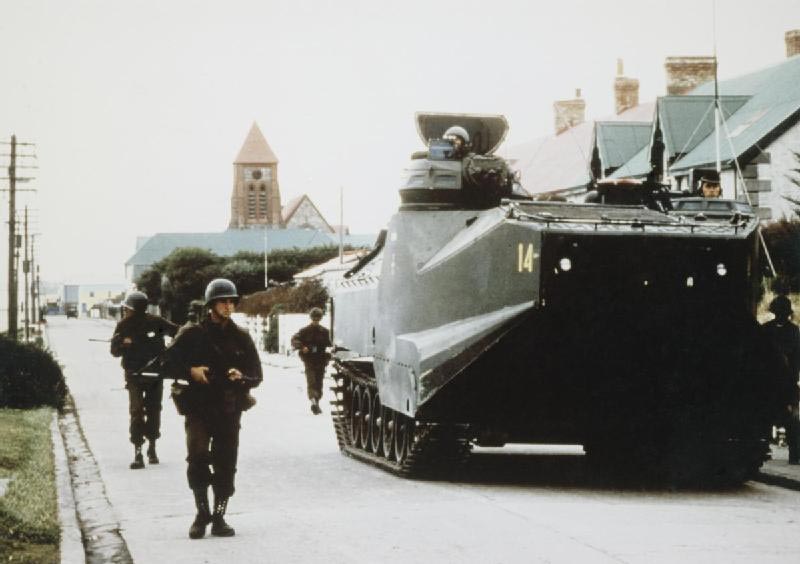
Argentina invades the British Falkland Islands, but is defeated by a British combined arms operation.
The Canada Act passes all legislative power over Canadian affairs to the Canadian Government.
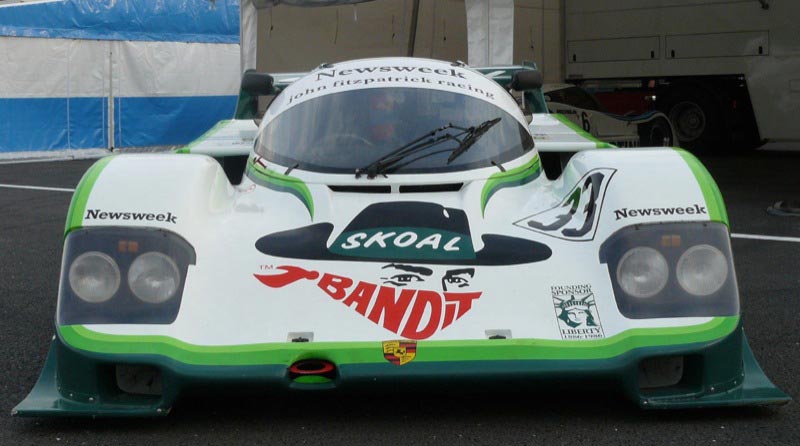
Skoal Bandits are introduced.
US Congress passes the International Environmental Protection Act.
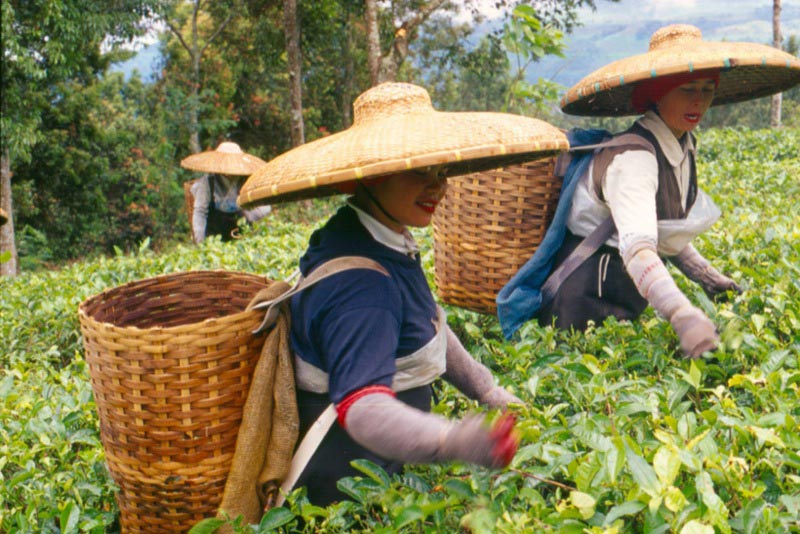
The Indonesian Tea Industry is revived.
The International Tobacco Growers' Association is formed.
Don Johnson popularises the white T-shirt in Miami Vice.
Two years of famine strike Ethiopia.
Bhopal Disaster takes place in India when a fertiliser plant leaks poisonous chemicals.
Canadian Co-operative Wheat Producers change their name to Prairie Pools.
The National Coal Council is established to advise private industry and the government on coal research, logistics, production and use.
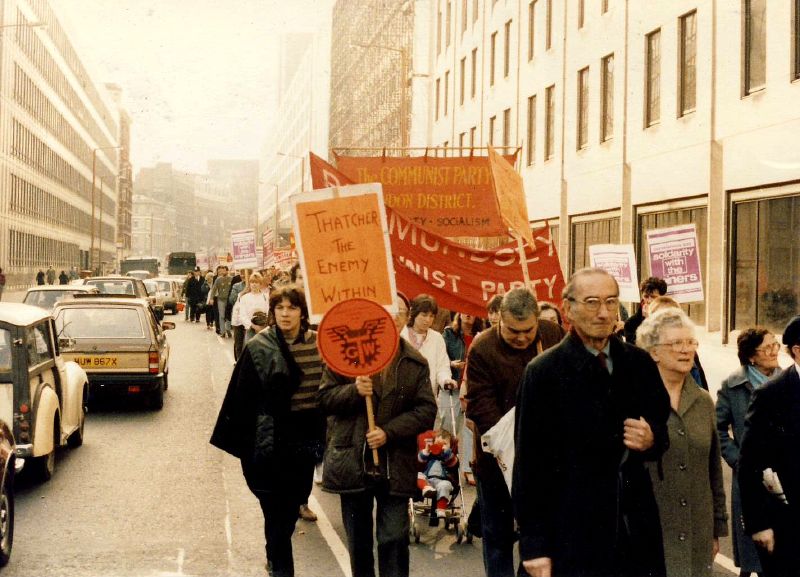
The UK miners' strike began on 5 March 1984 and lasted until 3 March 1985.
British scientist Joe Farman publishes on his discovery of an ozone hole over Antarctica.
Philip Morris diversifies and buys General Foods (including Maxwell House Coffee).
The NutraSweet Company is founded to sell a sweetener based on Aspartame.
Mikhail Gorbachev becomes Soviet leader and introduces a new policy of Perestroika, which encourages the disintegration of the Soviet Bloc in 1989.
The Rainbow Warrior, a Greenpeace protest ship, is sunk by the French secret service while at harbour in New Zealand.
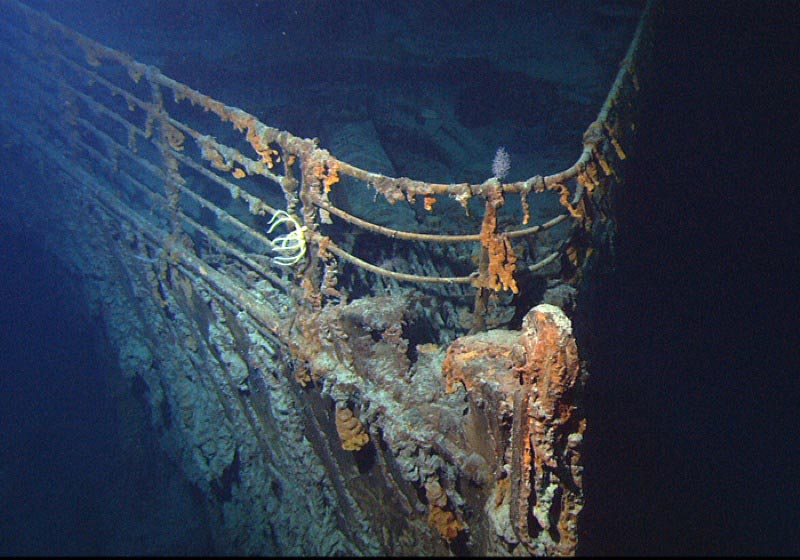
The wreck of the Titanic is discovered by Robert Ballard.
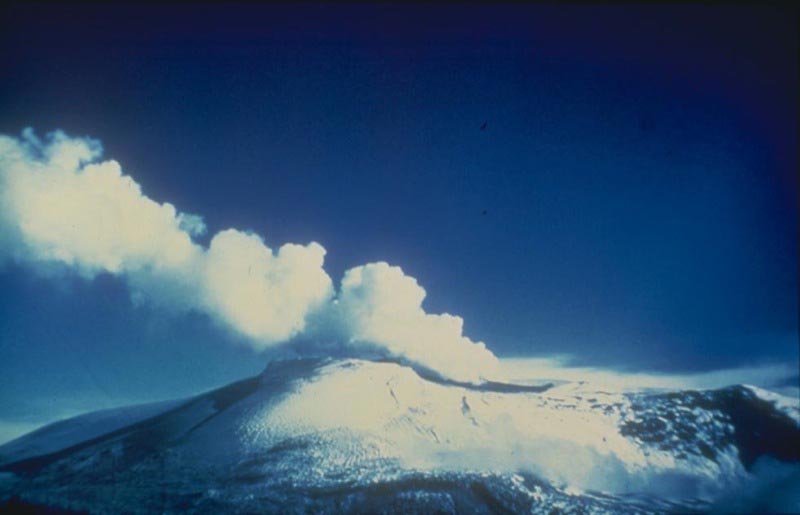
The Nevado del Ruiz volcano erupts in Columbia killing many thousands of people.
McVitie's introduce the Hobnob biscuit with a milk chocolate variant following two years later.
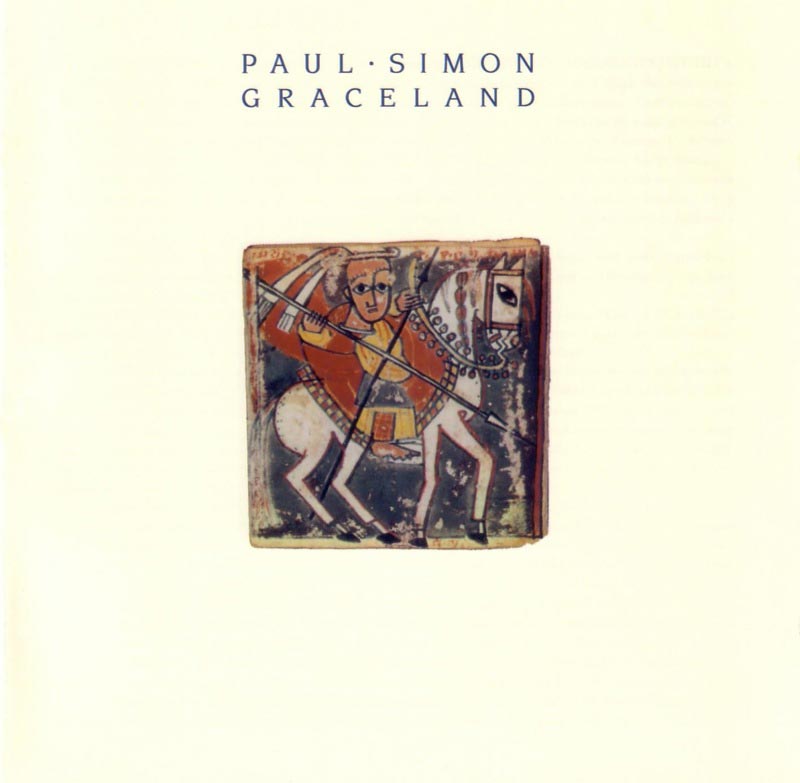
Paul Simon's Graceland album sparks an interest in world music.
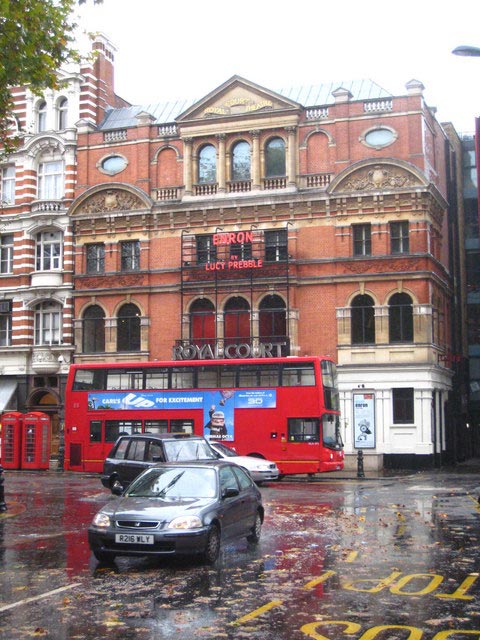
Nigerian author, Wole Soyinka wins the Nobel Prize in Literature.
The Lloyd's Building, designed by architect Richard Rogers, is completed in London.
Chernobyl nuclear reactor explodes and melts down in Russia.
Levi Strauss creates the Dockers brand of cotton trousers.
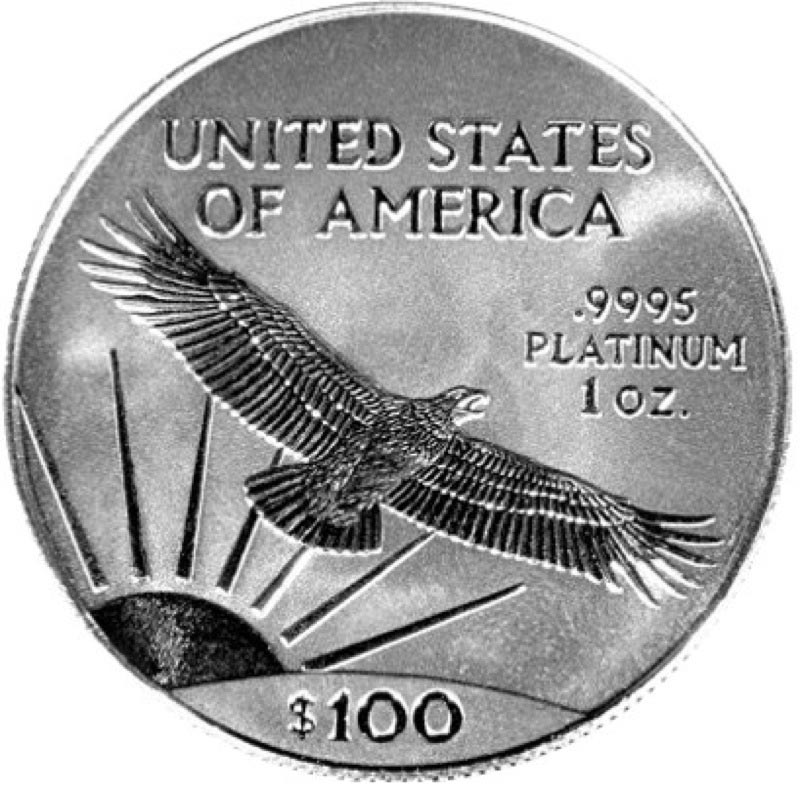
The US Mint starts to produce the American Eagle bullion coin.
The Australian Government introduces the Kangaroo Bullion coin.
Gold mines in Ghana intensify production.
The Marshall Islands declare independence from America.
The Australia Act prohibits any British legislation over Australian affairs.
Côte d'Or is purchased by Jacobs Suchard.
Nearly 50% of all clothing and fabrics sold in the US are made of cotton.
Cotton Traders clothing is founded in the UK.
Austrian Dietrich Mateschitz founds Red Bull, a sugar and caffeine based energy drink.
A great storm hits the UK destroying thousands of ancient trees.
Stocks worldwide devalued dramatically with the Black Monday Crash.
The Montreal Protocol on Substances that Deplete the Ozone Layer is adopted, an international agreement to protect the ozone layer.
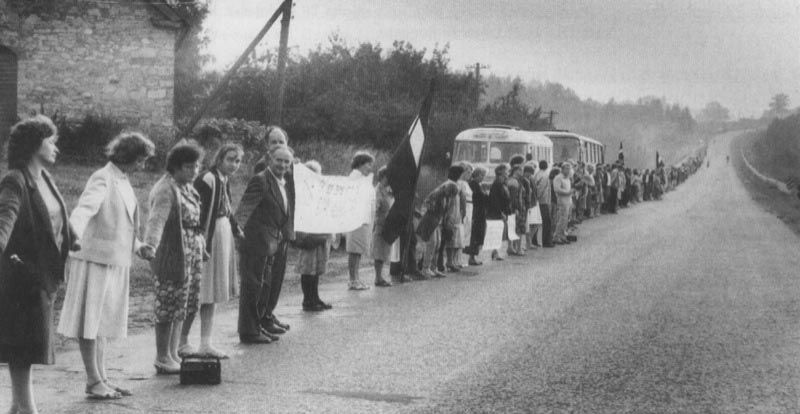
Singing Revolution. On the 50 year anniversary of the Molotov-Ribbentrop Pact, two million people formed a chain across Lithuania, Latvia and Estonia from Tallinn to Vilnius, demanding secession from the Soviet Union. Finally, on the 6th September 1991, the Soviet Union recognised Latvian, Lithuanian and Estonian independence.
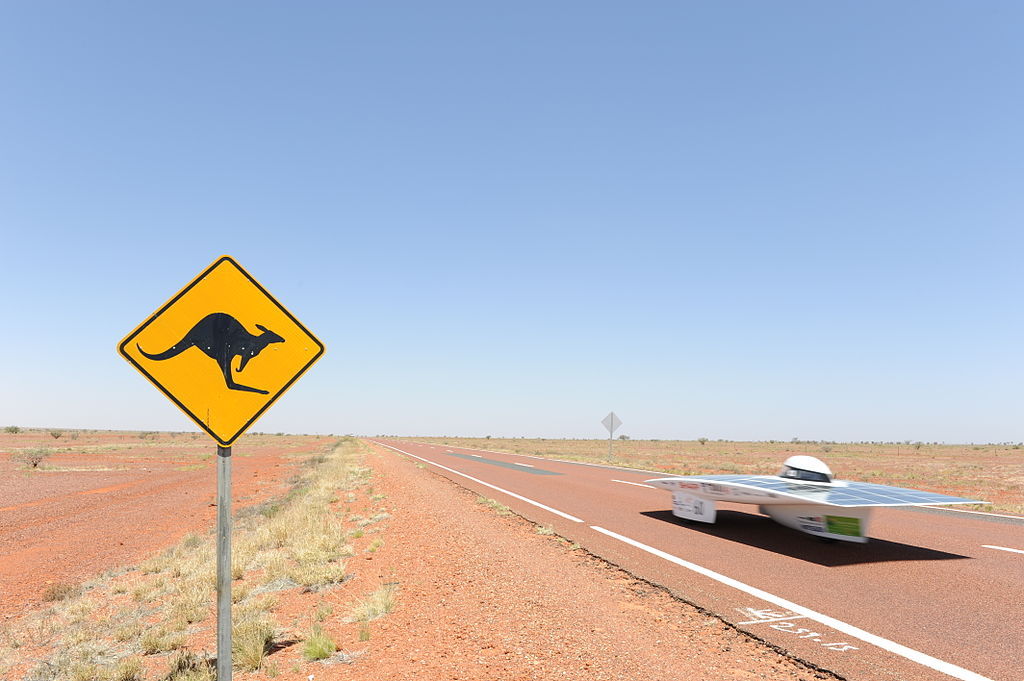
The World Solar Challenge is raced in Australia. 11 teams drove between Darwin to Adelaide (around 1800 miles) in solar-powered vehicles. The winner's average speed was 67mph.
Piper Alpha oil platform explodes in the North Sea off Scotland.
Rowntree's is purchased by Nestlé.
Philip Morris acquires Kraft Foods and combines it with General Foods in 1989.
Artist Jean-Michel Basquiat dies of a heroin overdose.
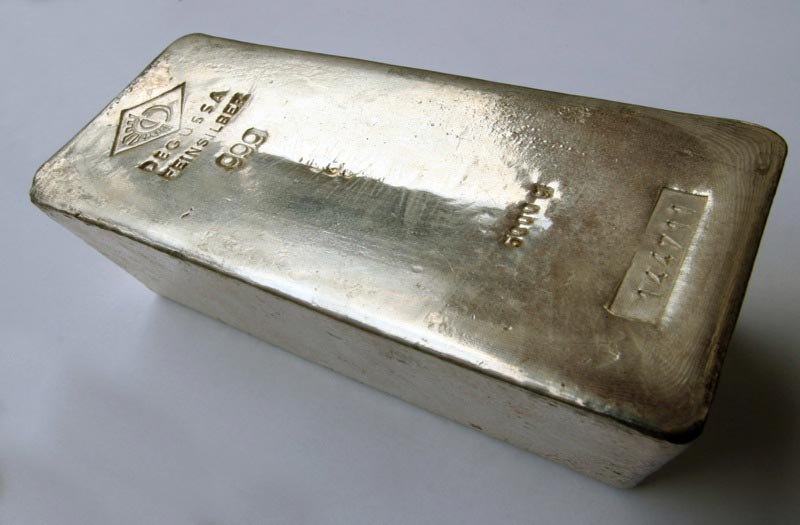
In America, the Texan Hunt brothers are found guilty of trying to corner the silver market.
Construction of the Channel Tunnel begins.
The Intergovernmental Panel on Climate Change (IPCC) is set up to investigate the causes of climate change.
European countries begin a ban on ozone depleting chemicals.
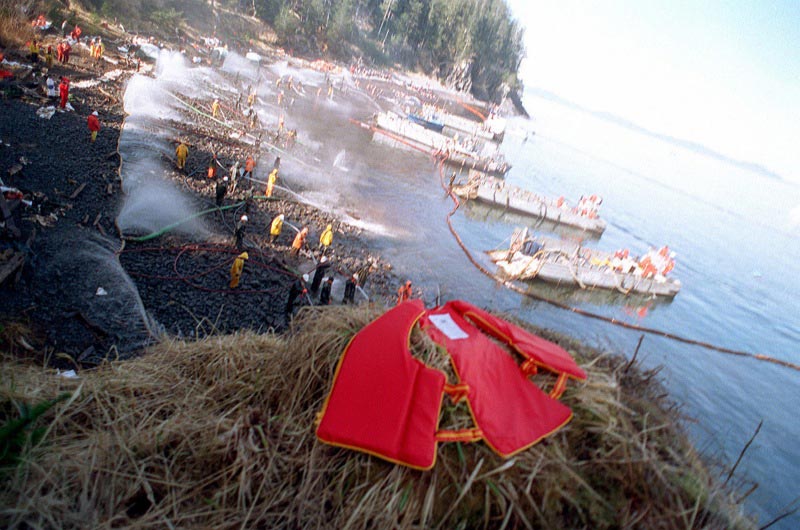
Exxon Valdez oil tanker runs aground off Alaska spilling 11 million gallons.
Failure to renew the International Coffee Agreement causes world prices to plunge.
Lavazza set up a vending machine business with single shot plastic pods.

Cotton Incorporated launches The Fabric of Our Lives advertising campaign.
The Berlin Wall is demolished by protestors on both sides.
America supports an invasion of Panama, ousting General Noriega.
On the 9th November 1989, the East German Government began opening sections of the Berlin Wall, thus marking the beginning of its eventual demolition.
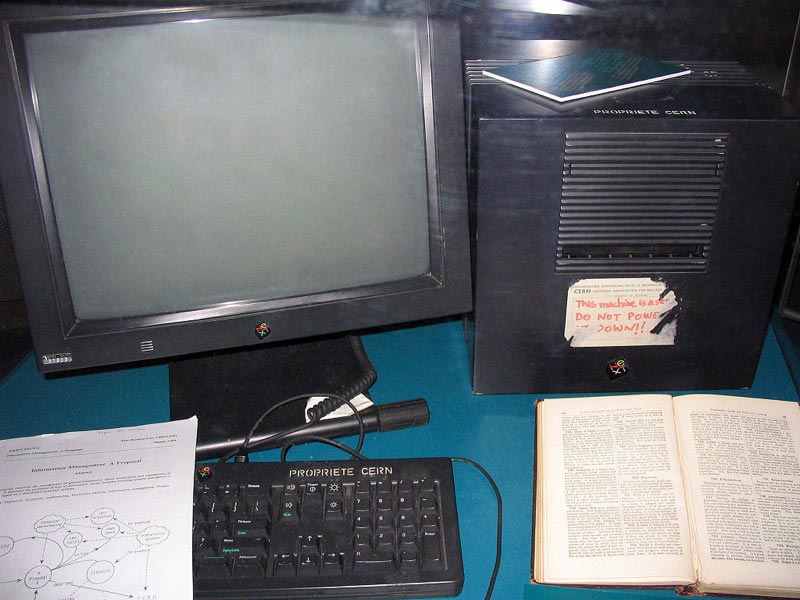
World Wide Web is invented by Tim Berners-Lee.
UN report on climate change warns of a temperature rise of 2 degrees Fahrenheit in thirty five years.
London Protocols on the ozone are agreed by 93 countries.
Jacobs Suchard is purchased by Kraft Foods.
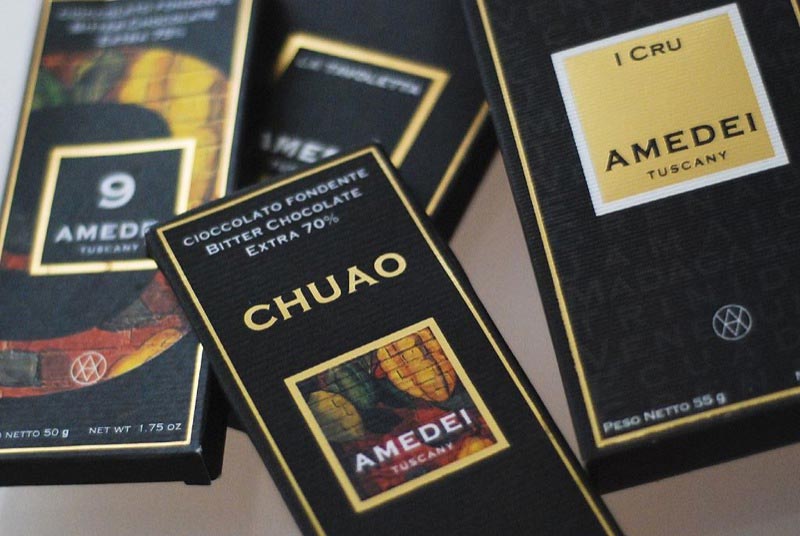
Amedei chocolate is founded in Tuscany.
Calvin Klein helps to make cotton boxer shorts popular.
Colombia steps up heroin production.
Namibia is granted independence.
East and West Germany reunite.
The First Gulf War. Iraq's invasion of Kuwait is repulsed by an international coalition led by America, Britain and many Arab states.
Nelson Mandela is released from prison and starts talks with President de Klerk about shifting to black majority rule without bitterness and bloodshed.
Youth for Environmental Sanity is formed.
On August 2nd, Iraqi forces invade Kuwait and seize control of valuable oil territories. After realising that they would soon be ousted, Saddam Hussein's forces begin setting fire to oil wells; around 700 wells are sabotaged.
Sweden becomes the first country to impose a carbon tax to curb CO2 emissions.
Green & Black's chocolate is founded in the UK and pioneers organic and fair-trade practices with farmers in Belize.
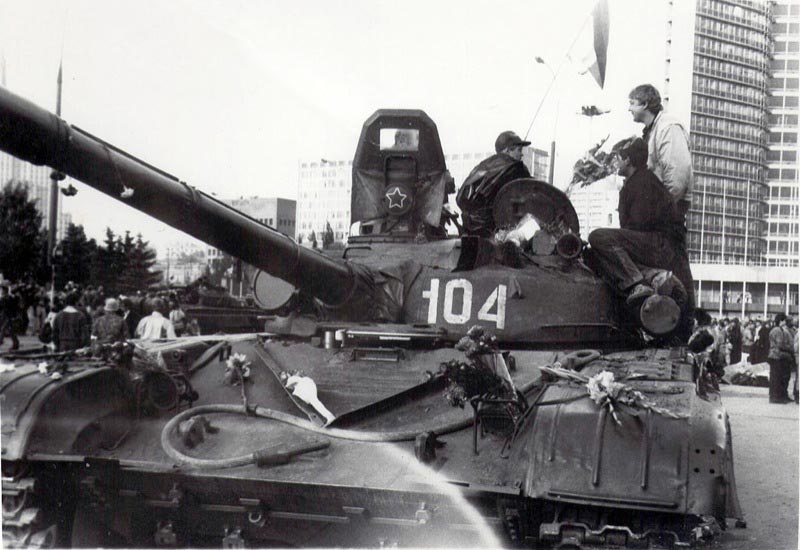
The USSR is broken up in the wake of popular protests and attempted coups. Russia, Ukraine and other states become independent states.
The War in Yugoslavia. Yugoslavia is broken up in the wake of sectarian conflict.
The supreme Soviet of the Russian Soviet Federative Socialist Republic ratified the Belavezha Accords. Later that month, the Alma-Ata protocol completed the dissolution of the Soviet Union.
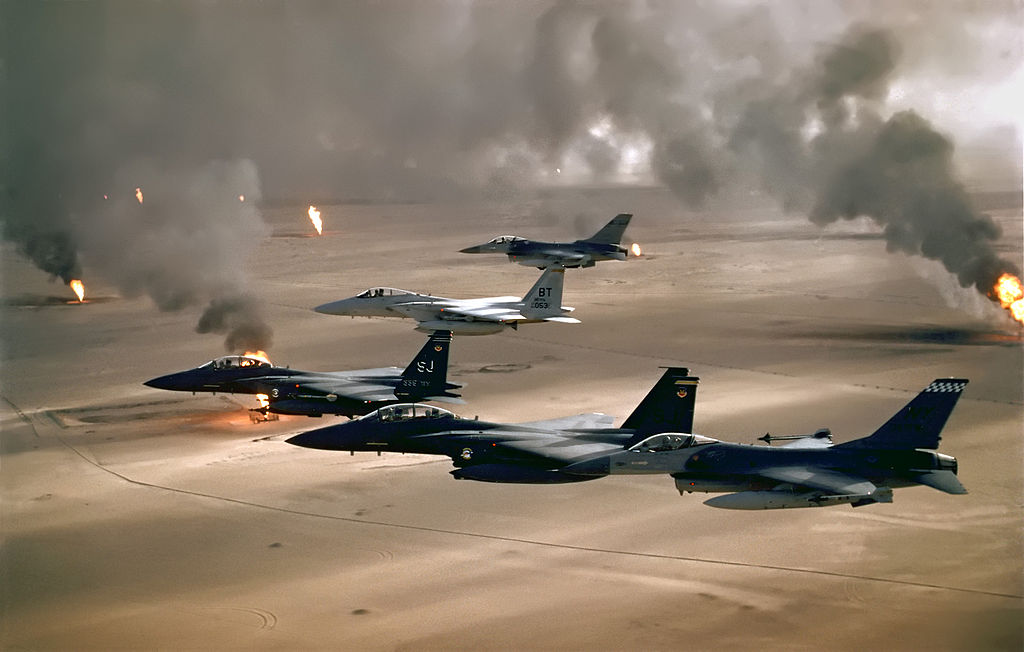
The Gulf War oil spill and Kuwaiti oil fires. Iraqi forces open valves at the Sea Island Oil Terminal in a strategic move against U.S forces. This is thought to be the largest oil spill in history. As part of a scorched earth policy, retreating forces also set alight to more than 600 oil wells.
The first offshore wind farm is installed in Vindeby, Denmark.
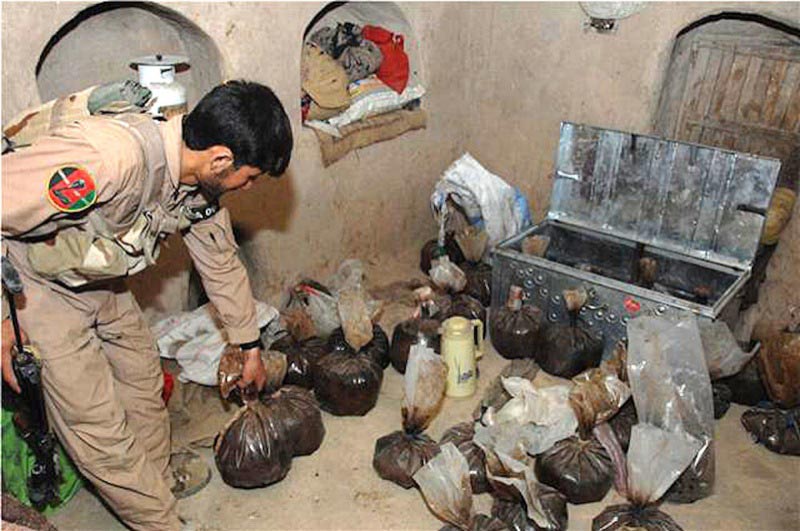
Afghanistan becomes the world's largest opium producer, overtaking Burma.
The North American Free Trade Area is established between the USA, Canada and Mexico.
Earth Summit is held in Brazil.
The Rio Summit, a UN Conference on Environment and Development, is held in Rio de Janeiro. It produces the Climate Change treaty to stabilize greenhouse gas concentrations and the sustainable development action plan, Agenda 21.
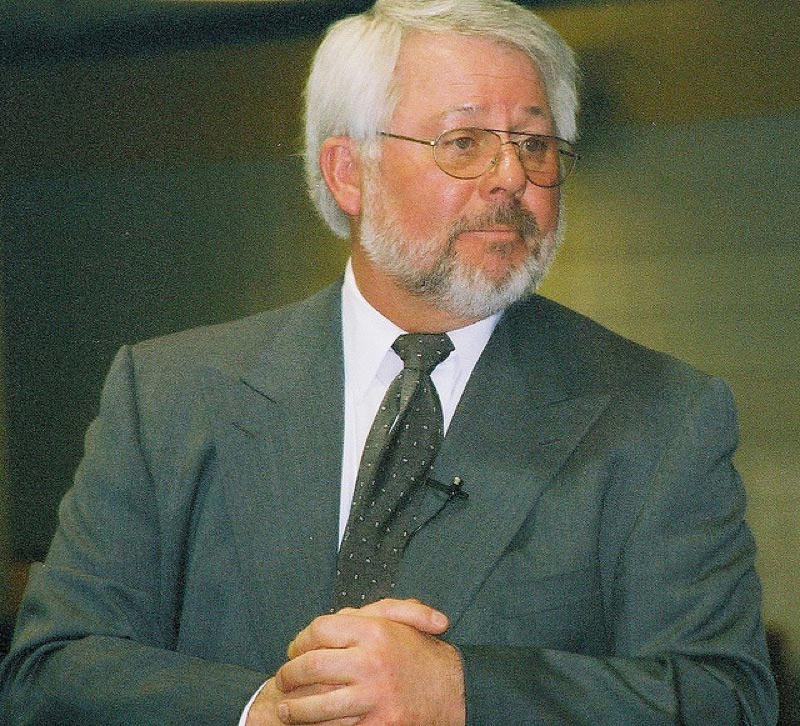
Biochemist, Jeffrey Wigand, is fired by Brown & Williamson after he demands the removal of a known carcinogen from a pipe tobacco and the company refuses.
The Thai army destroy poppy fields in the Golden Triangle with CIA support.
Nabisco sell their Shredded Wheat brand to Kraft Foods.
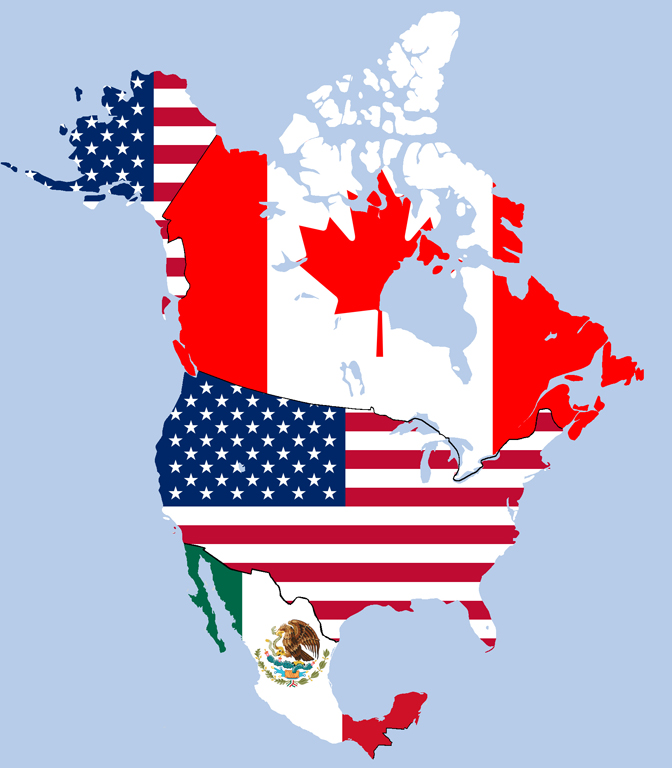
The North American Free Trade Agreement is signed between the US, Canada and Mexico.
China becomes a net importer of oil.
Kurt Cobain commits suicide after sustained use of heroin.
Nelson Mandela is President of South Africa.
NATO enlarges to include many former Eastern Bloc countries.
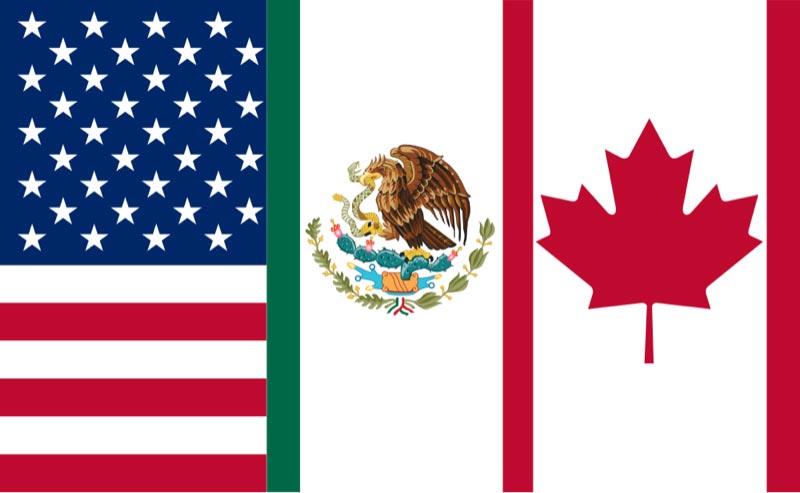
The North American Free Trade Agreement comes into effect between Canada, Mexico and the United States.
Russian troops invade Chechnya.
Canada exports a record 2,840 million tonnes of wheat to the US, prompting a new restrictive trade agreement.
Genetically modified foods are first introduced to the market with Calgene's delayed ripening tomato.
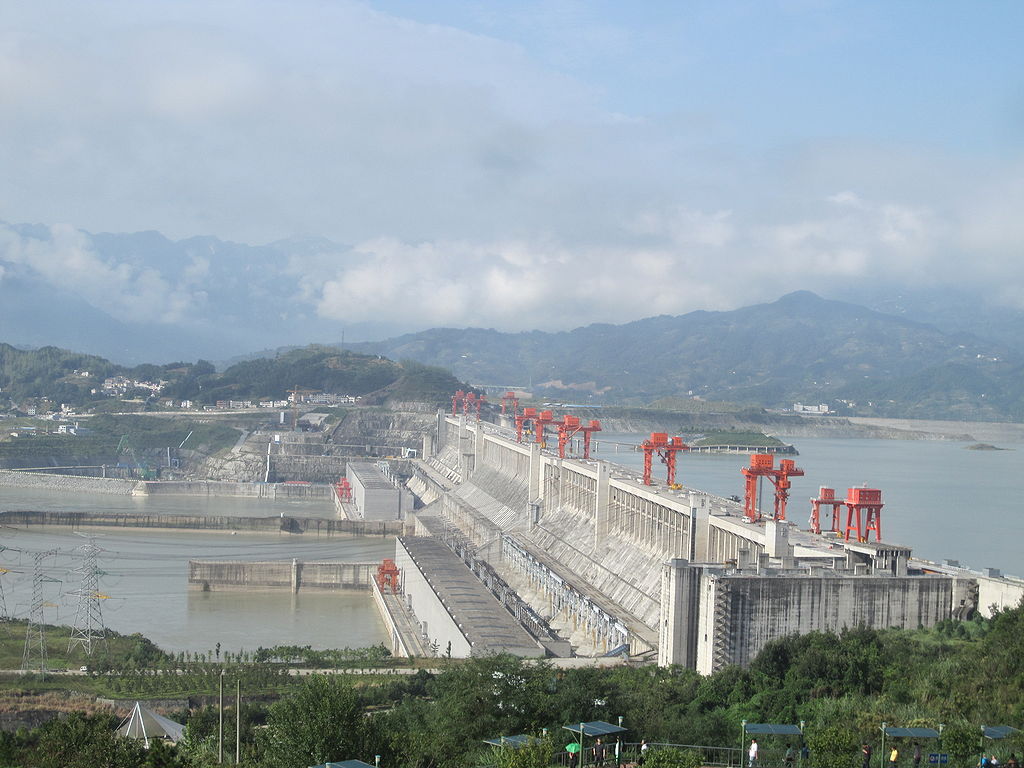
The construction of the Three Gorges Dam on the Yangtze River in China gets underway. Construction was completed and the station became operational as of July 4th 2012. It is the largest power station in terms of installed capacity.
Valrhona develop Xocopili chocolate, adding salt and spices to the blend.
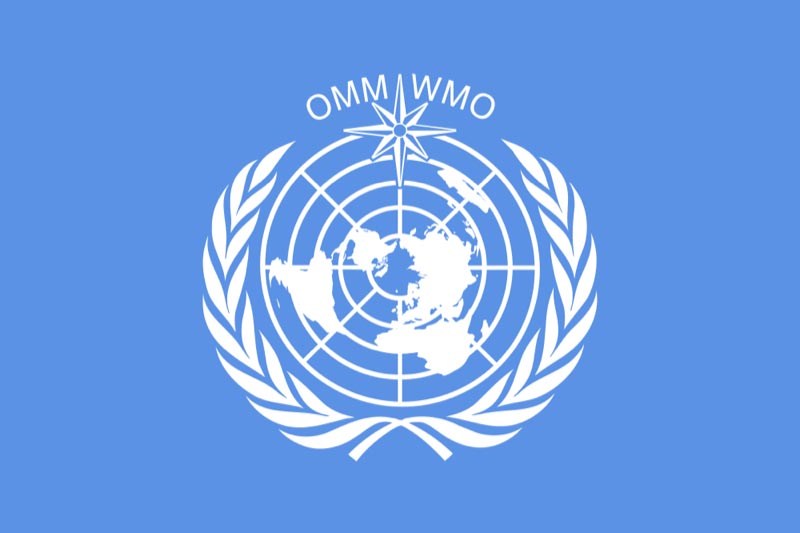
The World Meteorological Organisation reports that the hole in the Earth's ozone layer is expanding rapidly.
Prairie Pools start a process of closing down local grain elevators in Canada.
The US Government recognises 8 genetically modified crops including cotton, potatoes, corn and soybeans.
The first United Nations Climate Change Conference takes place in Berlin.
Chocolove is founded in Boulder, Colorado.
Michael Coe completes his wife, Sophie's, manuscript on the True History of Chocolate. Valrhona Manjari chocolate is described as amongst the finest in the world.
The World Bank and the World Health Organisation call for a global phase-out of leaded petrol.
The Khasav-Yurt Accord is signed by Maskhadov and Lebed, ending the first Chechen War.
Frank Gehry's Guggenheim building in Bilbao is completed.
Diageo is formed from a merger of Grand Metropolitan and Guinness to become one of the world's largest drinks manufacturers with brands including Smirnoff, Johnnie Walker, Seagram's, Bailey's, Guinness, Gordon's Gin, Jose Cuervo Tequila and Captain Morgan Rum.
Britain returns Hong Kong to China.
The UN’s Kyoto Protocol which commits signatory nations to reduce greenhouse gases and fight global warming is adopted.
The Toyota Prius is introduced as the world's first petroleum/electric hybrid car. It became available to consumers in 2001.
J. K. Rowling publishes her first Harry Potter novel.
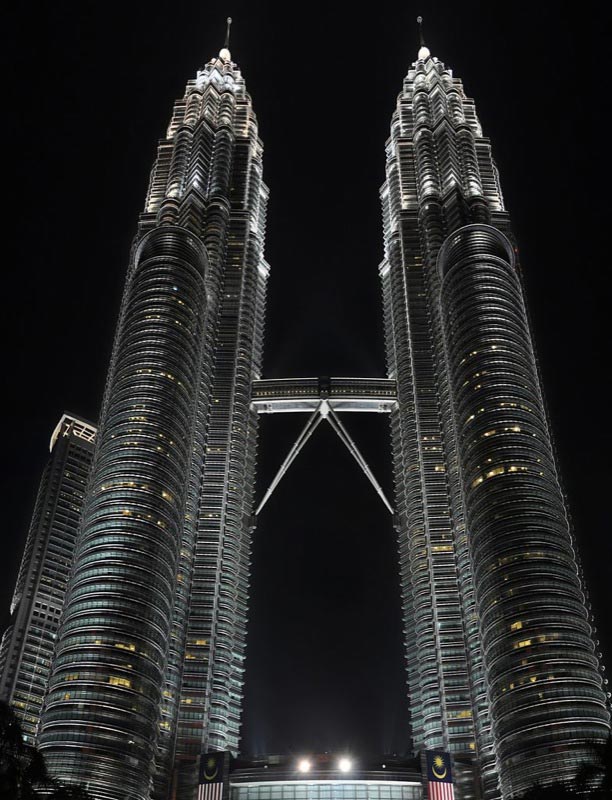
The Petronas twin towers in Kuala Lumpur, designed by Cesar Pelli, become the world's tallest buildings at 452m.
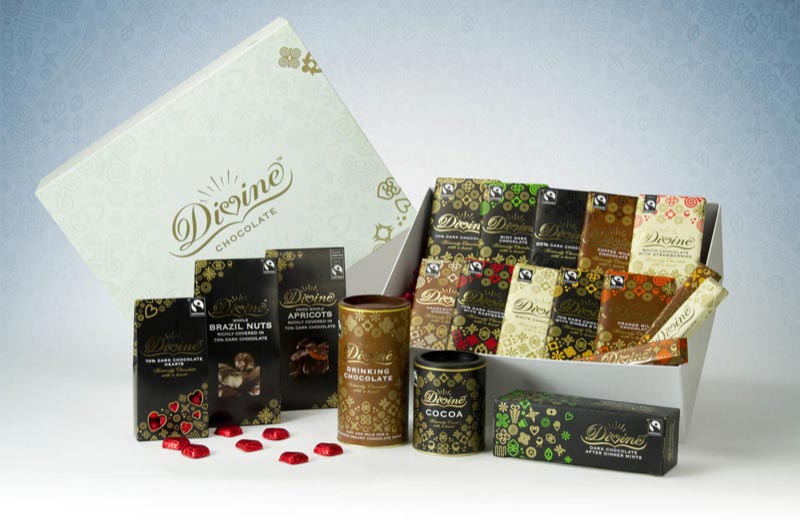
The Divine Chocolate Company is founded in the UK as a partnership between the Kuapa Kokoo cocoa growers collective in Ghana and the Twin trading alternative trading group. It is a pioneering example of fair-trade practice.
Lindt & Spungli purchase Ghirardelli.
The Energy Conservation Law of China comes into force, formulated to facilitate energy savings, improve efficiency, protect the environment and guarantee economic development and welfare for Chinese citizens.
The average price of oil for the year drops to under $18 per barrel (adjusted for inflation to 2011 dollars).
Release of the movie The Insider based on a true story of the television appearance of a tobacco executive who exposed secrets of the Big Tobacco industry in 1995.
Splenda, based on Sucralose, is introduced to the US market and becomes a dominant brand.
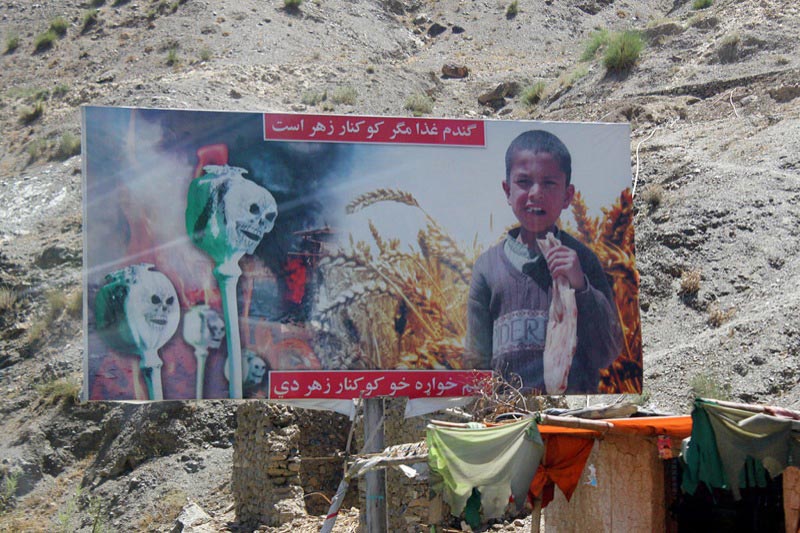
Afghanistan now produces 75% of the world's heroin.
The Euro is introduced, backed by 15% gold holdings at the European Central Bank.
The World Commission on forests and sustainable development publish Our Forests, Our Future on sustainable forestry.
China takes Macao back from the Portuguese.
Australian voters reject calls to become a republic.
Nunavut is incorporated into Canada.
The first balloon flight around the world is completed by Betrand Piccard and Brian Jones.
The Euro currency of the Eurozone officially comes into existence.
Following the Dagestan war and several terrorist attacks , Russian troops invade Chechnya.
Germany introduces the Eco-Tax to promote the use of renewable energy.
Over 580,000 sq km of forest are lost in the Amazon Rainforest from 1991 to 2000 as deforestation accelerates.
The European Union bans leaded petrol.
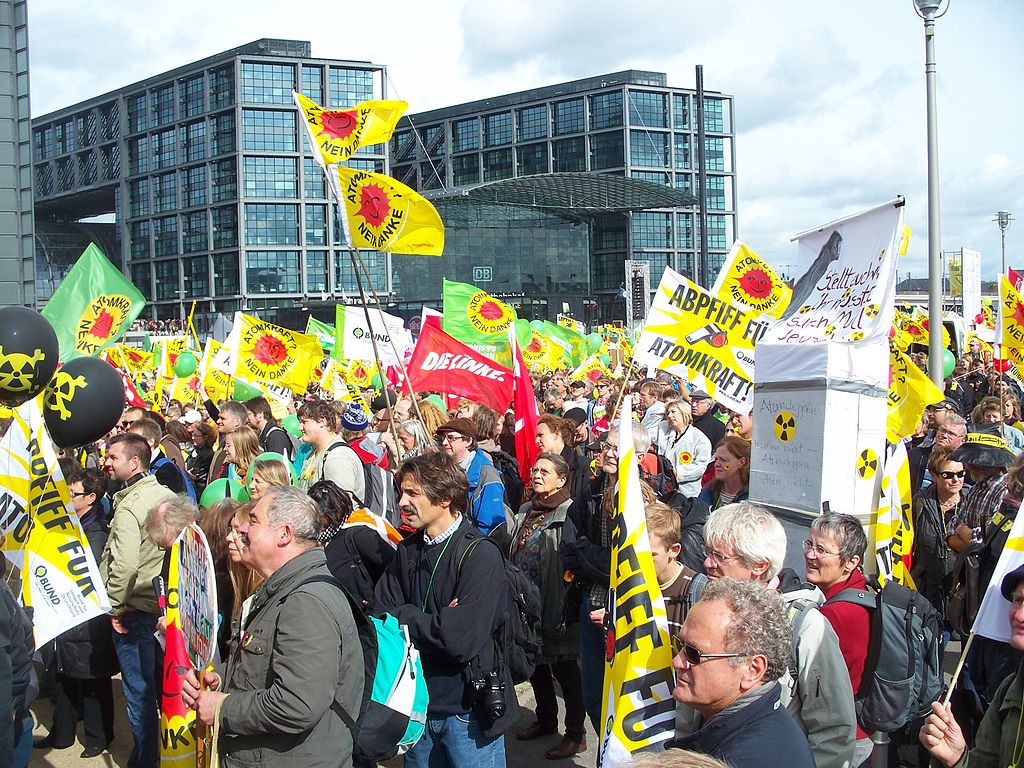
Germany passes the Nuclear Exit Law and Renewable Energy Act, seeking to rid the use of nuclear power by 2020.
According to data from BP, world coal production increased by 67% between the years 2000 and 2012.